|
No one who walks around the historic centre of Oxford can fail to notice something odd and ominous about the city: like chestnut blight or ash dieback spreading through a wood, there are a growing number of shop fronts lying blank and empty, even in the city centre. It was nothing like this when we arrived here 20 years ago, and older inhabitants say it was unheard of in the last century. If it is not an extinction event, at the very least small shops, particularly independent shops, are now very much a threatened species in our city. This is not peculiar to Oxford, of course. There is a national crisis of the High Street, about which much has been written (1). There are many causes, indeed it's a perfect storm: the rise of internet shopping and home delivery, the spread of supermarkets and malls on the periphery of the city, rising city centre rents and business rates, the increasing difficulty of driving into Oxford and increasing cost of parking, COVID lockdowns, and now the extraordinary inflation of energy prices, and threatened recession. There are places that have it much worse: in the North East, the 'void rate', as it is called, 19%, compared to 'only' 12% in the South East (2). But what it is remarkable it should be happening here - in the very centre of one of the most prosperous cities in all England. And it has been gathering pace rapidly over the last few years. Of course, there's nothing wrong with shops changing hands, indeed, it's essential that they should, as part of the natural life cycle of the forest, as it were - old trees fall, new ones arise. And to continue the analogy, the dominant vegetation may change. The big department stores in the city centre were long vulnerable, and had found it hard - eventually, impossible - to find a survival. path Likewise, the closure of old pubs and their replacement by bars and coffee shops, like it or not, reflects changing social habits and preferences (though just how many coffee shops can Oxford support?). But what isn't at all normal, or healthy, is the extraordinarily high number of properties remaining empty in this prosperous city. A special sadness is the death of so many businesses that were locally owned, quirky, interesting, in a word, Oxford - and some very long-standing: Gills in Wheatsheaf Yard, said to be the oldest shop in England (1530), Boswells, Englands oldest department store (1738, pre-dating that other Boswell), Rowell's (1797) in The Turl, where I got my 30th anniversary ring, Thorntons' Books in The Broad (1830), Aldens and Hedges which vacated the Covered Market for cheaper and easier to reach places further out. To be replaced by more chain stores, more tourist tattery. We begin to look just like any other large town. But we are not like any other large town, we are much more interesting. distinctive, and our shops ought to reflect that. While as I say there are many factors driving the death of our shops, it's also the case that the fingerprints of both Councils are all over the crime scene. The New Labour-ish City Council has long in bed with - no, let's be fair, genuinely in love with - Big Money - whether public or private, forming joint partnerships with big property companies for massive developments. But, as several shopowners have bitterly remarked to me, it doesn't have the same interest in sustaining small, locally owned businesses. Because they don't fill the Council's coffers, I guess. Whether in fact these big developments have benefited the people of Oxford, rather than just the developers, is a moot point. The massive development of Westgate has surely been a mistake. It is as bland as every other mall, full of the usual national brands: nothing interesting, nothing that can't be found in dozens of other towns, or on line. It has helped drive up business rates and rents generally, and led many existing shops to move into Westgate, leaving voids behind. Queues for its car park often stretch right down the Abingdon and Botley Roads, and up Hythe Bridge Street, causing gridlock. It surely ought to have been built on the outskirts. Even in its own terms it isn't successful - footfall is below the rates assumed in the project, and there are embarrassing voids within the complex. Westgate is also a disaster in architectural terms: hugely out of scale with the small historic centre of Oxford, and making a major contribution to what one might call the banalisation of Oxford - for all the ludicrous claims by planners (what do they know?) that each massive new development will be ‘iconic’ and ‘world class’, places like the Westgate or Castle Mill student flats are ugly, characterless, and have nothing of Oxford about them. It is though the Council's long term aim was that the centre of Oxford should be indistinguishable from that of any other Midlands city. If so, they are fast succeeding. And the City Council are directly responsible for the sad decline in the Covered Market, which they own. 20 years ago it was still a functioning market. Today it is not. Very often, there are more shop assistants visible than customers. Gradually, the real food market shops, Aldens, Hedges, the bakers, Palms have pulled out or died off. Inevitably, since this is not the 1950s and people don't come to market to get their groceries any more. It's become a dismal place. Such markets elsewhere in the UK have found a second lease of life - as up-market foodie heavens, showcases for local produce, street food, eating out, live music, at Borough Market in London or Stockport or Doncaster (3). Oxford Council has let ours wither away for far too long. Now, the Council is at long last renewing the place physically, but still has no idea what to do with the place. In the same way, the County Council seems careless that their aim of making driving into and parking in Oxford more and more difficult will damage retail trade (and pubs, resaturants and entertainment businesses) - at just the point where we are faced with the worst recession in years. Especially since the Council have defied public opinion (in their bogus 'consultation') to insist on routing all traffic for Westgate, Oxpens and the station along Botley Road, sure to become a permananent jam. Plus the 4 day, no, wait, one month, no three month, no, sorry, it's 12 month, no, maybe seasonal every year, complete block of Botley Road, while a hole is dug under the railway bridge, which several businesses tell me, will be the end of them. The planners - the same people who, a few years back, were so sure that building a huge shopping mall right in the city centre would be a huge success - have now decided that we are now 'post-retail'. A growing number of what have been prime retail sites are being given over to non-retail use. Jesus College have taken over a piece of Cornmarket and the same is happening with the old DFS and Carpetright malls in Botley Road, and in the Clarendon Centre re-development, and in a site in George Street, while Boswells is to become a hotel. Naturally, this is happening withut any real engagement with the people of Oxford. Just a 'consultation' on the Covered Market - which featured the priceless question, would I be more likely to buy my spuds there if it had better loos. Truly, planning is too important to be left to planners. So the Oxford of the future will look and feel very different. There may not be many shops other than in Westgate and tourist tat and of course, endless chain restaurants and cafes. Need it have been like this? I don't think so. The Covered Market should have been renewed and revived and properly marketed a decade ago, instead of being taxed into oblivion. Westgate should have been built on the ring road. The city should have nurtured interesting, indpendent shops in the city centre, as in Brighton's Lanes. And we should have had new buildings that were graceful, interesting and which complemented Oxford. And we could have benefited from street design which was graceful and safe, instead of a cacophony of ill-mixed street furniture, over-full with signs that still fail to accommodate pedstrians and cyclists safely. If you go to Florence or Turin or Rome itself, you can see big cities that have not found it necessary to surrender their urban landscape to Big Money and big buildings, and which have preserved small independent shops It can be done. We chose not to. Does the dying of small shops matter, though? After all, things always change. But I wonder. Cities have always been built on trade - places where you go to buy and sell things. Napoleon jeered that the English were 'a nation of shopkeepers', not understanding that it was precisely Britain's pre-eiminance in trade that enabled it to take on and destroy the biggest empire in Europe since the Romans. Now, are we a nation of ex-shopkeepers? Here follows my photo survey of empty shop fronts in Oxford City centre. It is very far from comprehensive. I did not go north of Little Clarendon Street, east of Magdalen Bridge, south of Christ Church, or west of the station. I've excluded the Clarendon Centre, as it is under development, though it was in real trouble well before that. I also did not include pubs (4). In this tiny area, barely half a mile square, I found over 60 dead shops. If one were to add Headington and Summertown shops, Cowley Road and Cowley, the numbers would be vastly bigger. NOTES (1) For example, https://www2.deloitte.com/uk/en/pages/consumer-business/articles/what-next-for-the-high-street.html, from which the chart is taken (2) https://www.localdatacompany.com/blog/press-release-brc-ldc-vacancy-monitor-q3-2022 (3) https://www.economist.com/britain/2022/06/02/the-fall-and-rise-of-the-british-market-hall (4) But see https://www.oxfordmail.co.uk/news/20012132.pubs-lost-oxford-since-1990s/
2 Comments
24/1/2023 09:59:33 am
Sadly a story many other towns can echo in their own way. Planners are a real obstacle to organic change, blocking mixed use e.g. for studio workshop+living space in the same properties and taking outrageously long periods to make decisions. Here we face several sets of committees - local town, district and National Park, the National Park being the slowest most intransigent and least willing to acknowledge change in any form
Reply
Caroline Mitchell
24/1/2023 07:35:53 pm
We ran a pharmacy on Banbury road next to Gees Restaurant from 1987 to 1994. We delivered to most of the colleges and central doctors. I loved Oxford then especially the Covered Market, full of butchers and lovely food shops. This is a terrible shame it was wonderful to walk into the city and wander into the pubs and shops. Surely that’s what draws tourists in?
Reply
Your comment will be posted after it is approved.
Leave a Reply. |
I was formerly Finance Director of the Prison Service and then Director of the National Offender Management Service responsible for competition. I also worked in the NHS and an IT company. I later worked for two outsourcing companies.
Archives
July 2024
Categories
All
Click below to receive regular updates
|

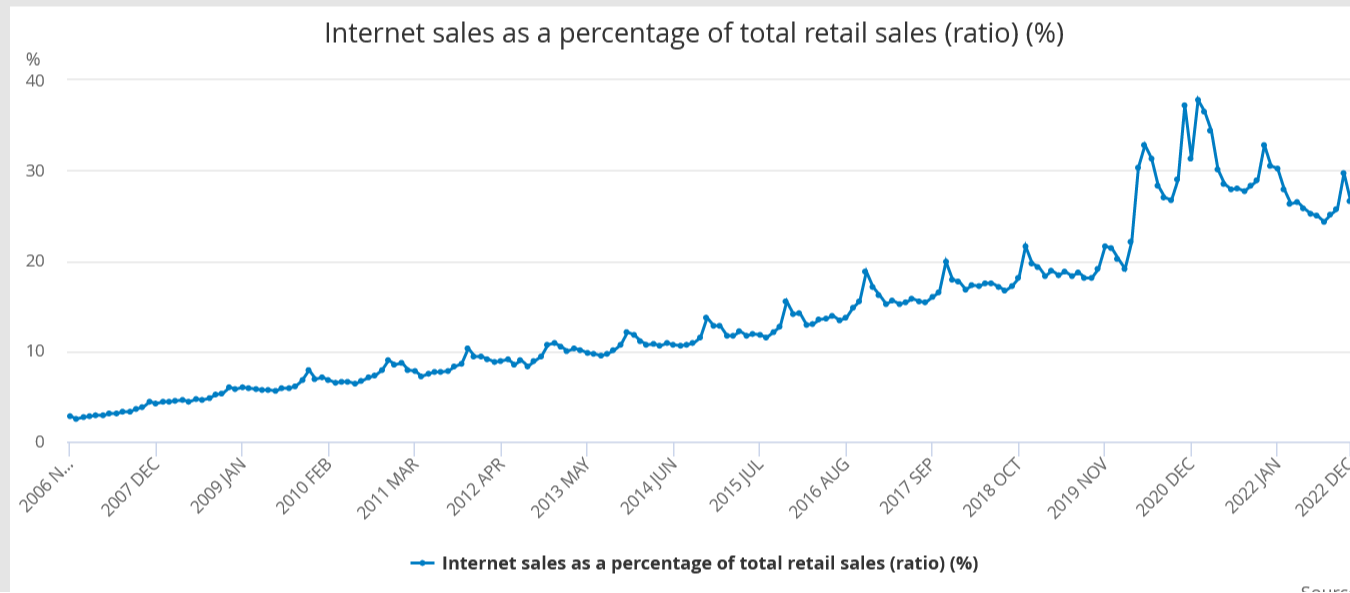
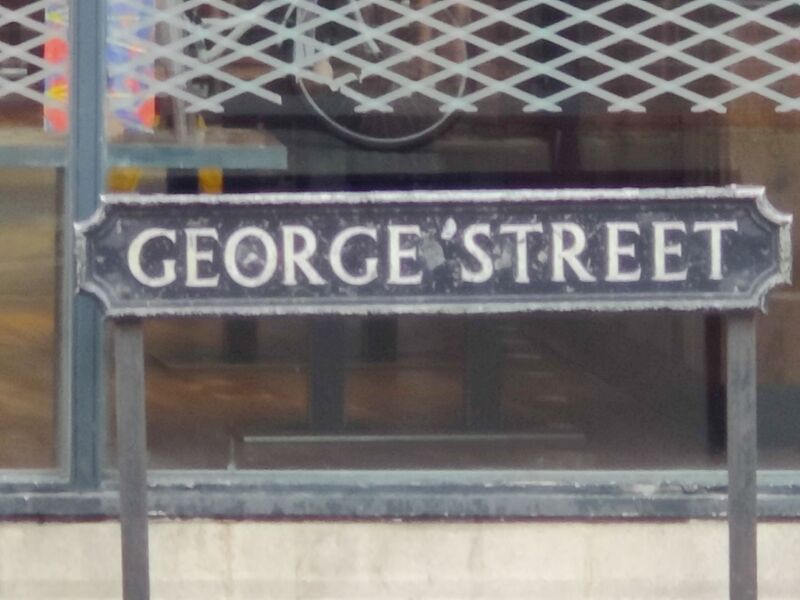
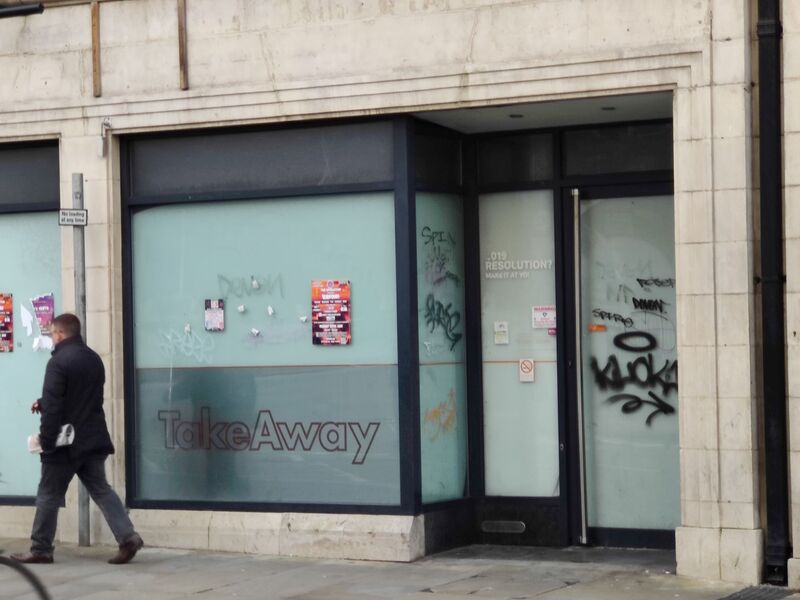
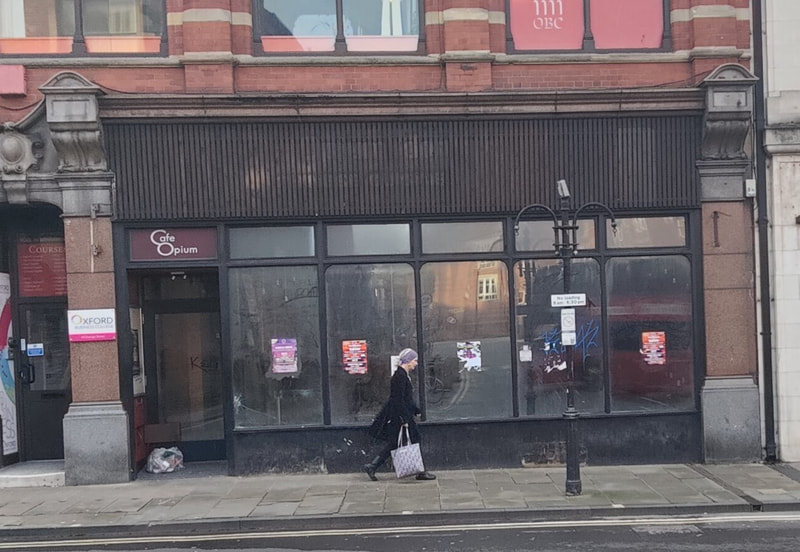
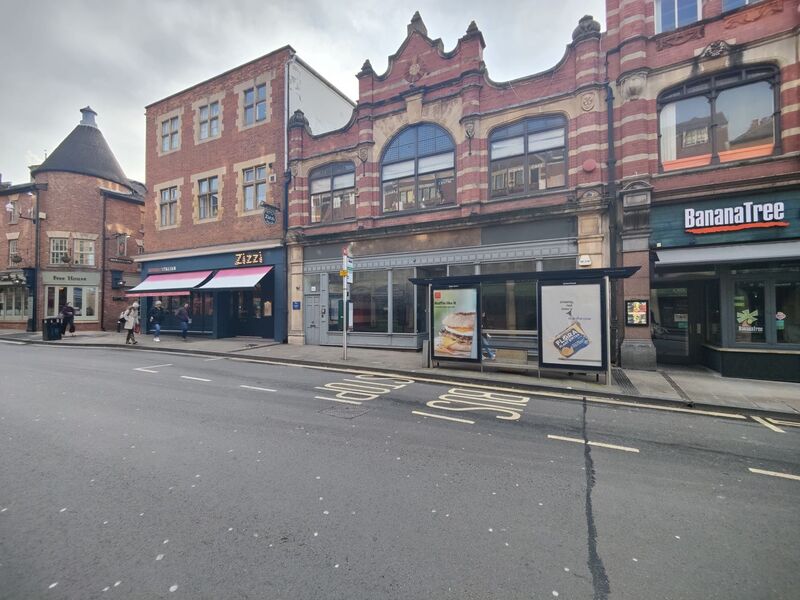
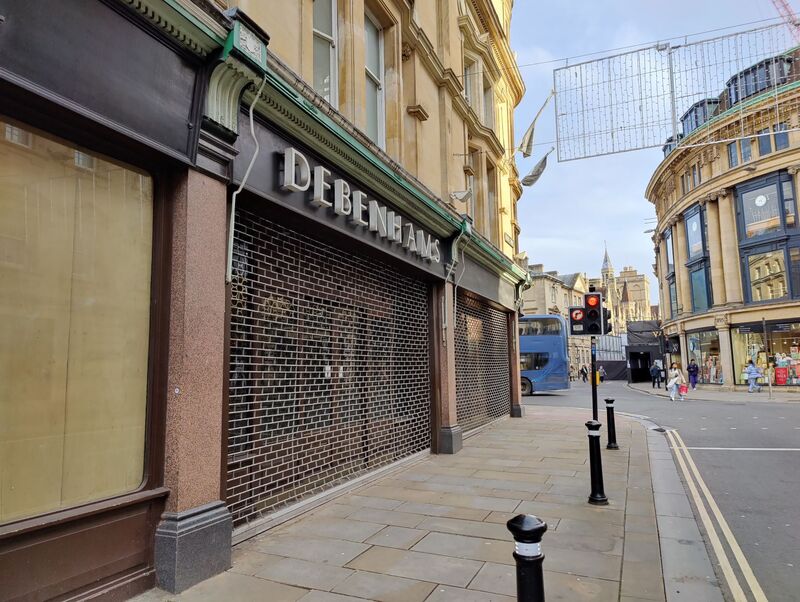
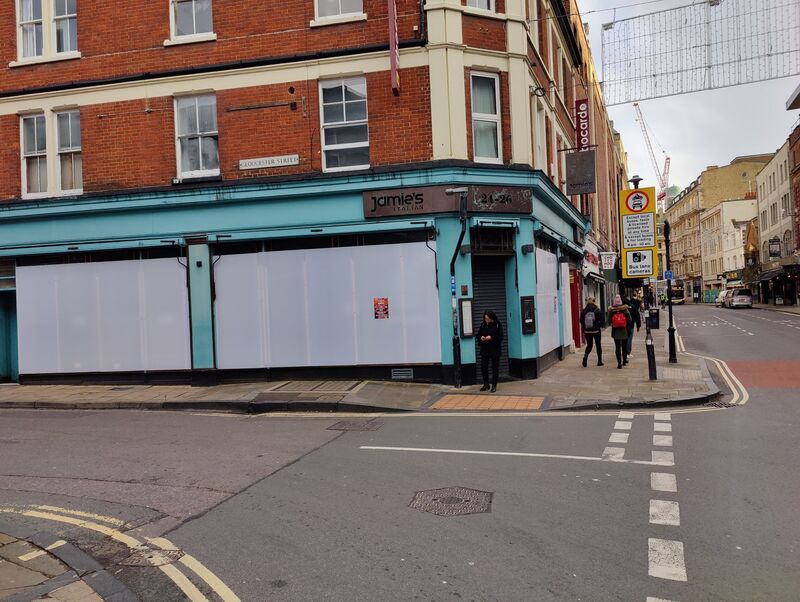
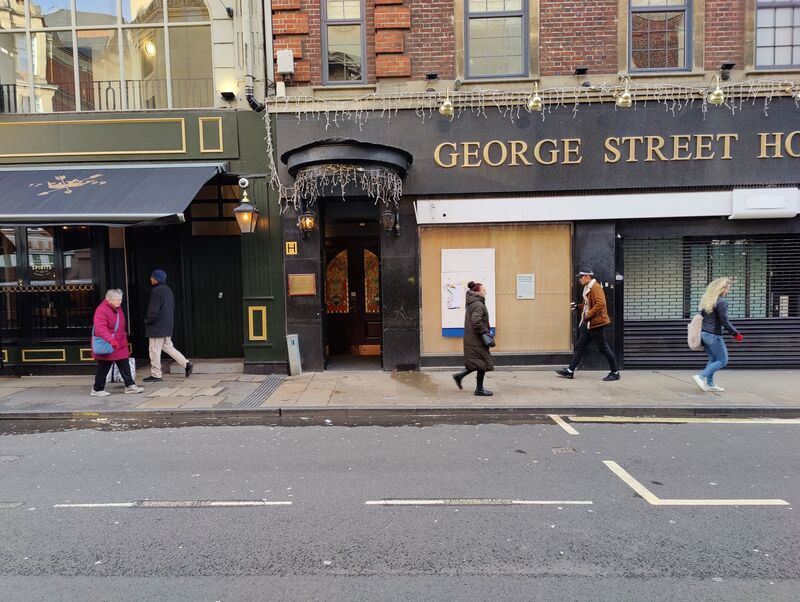
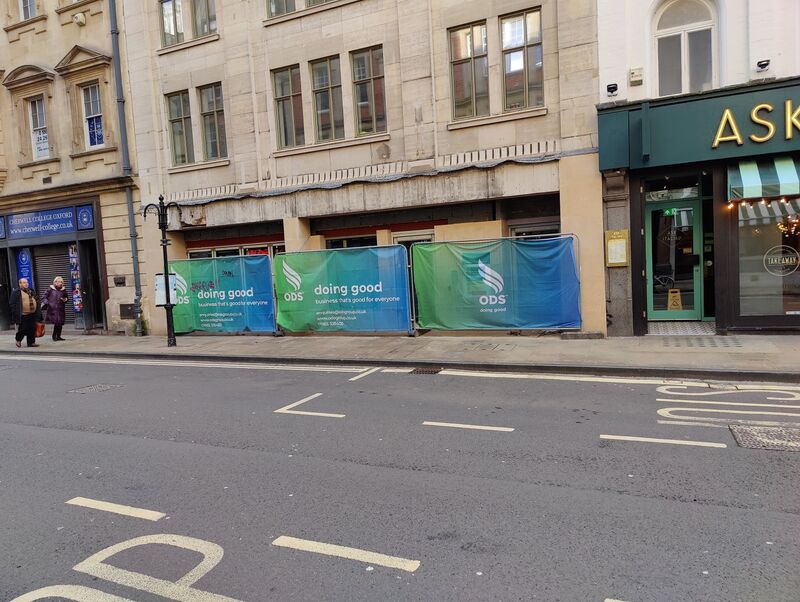
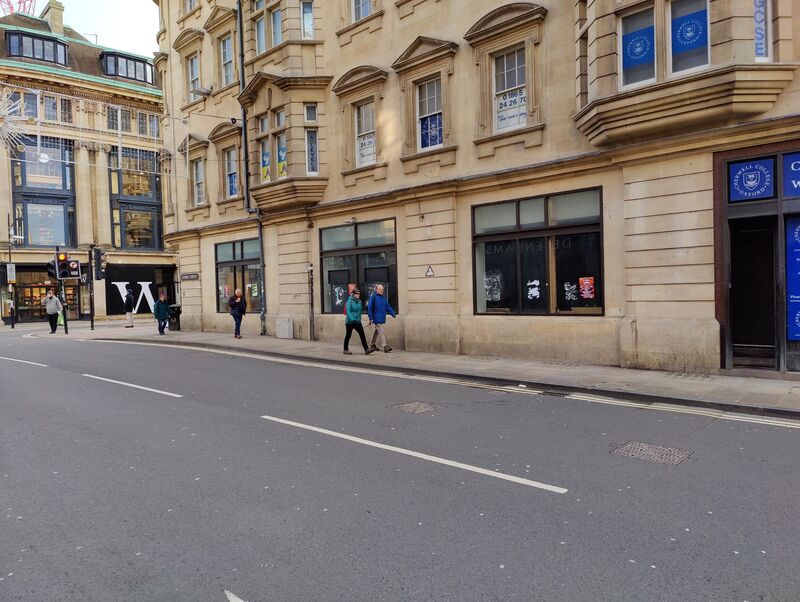

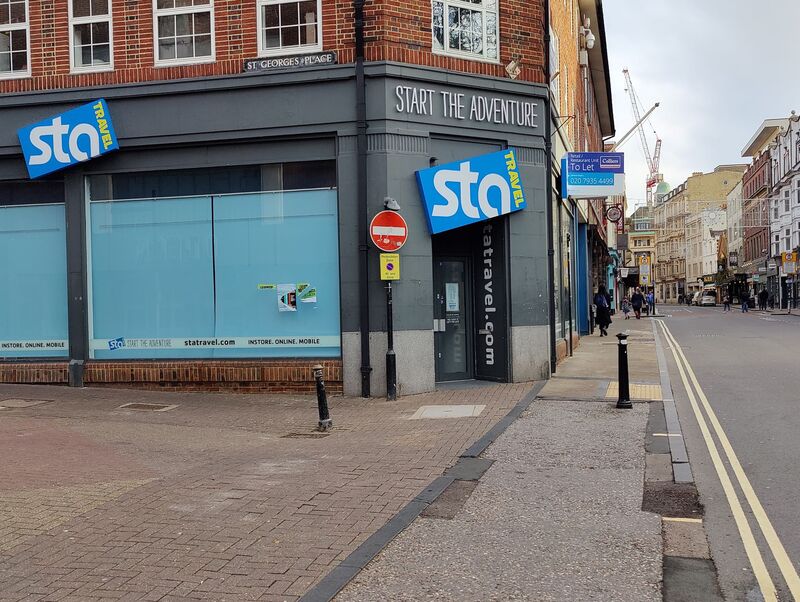
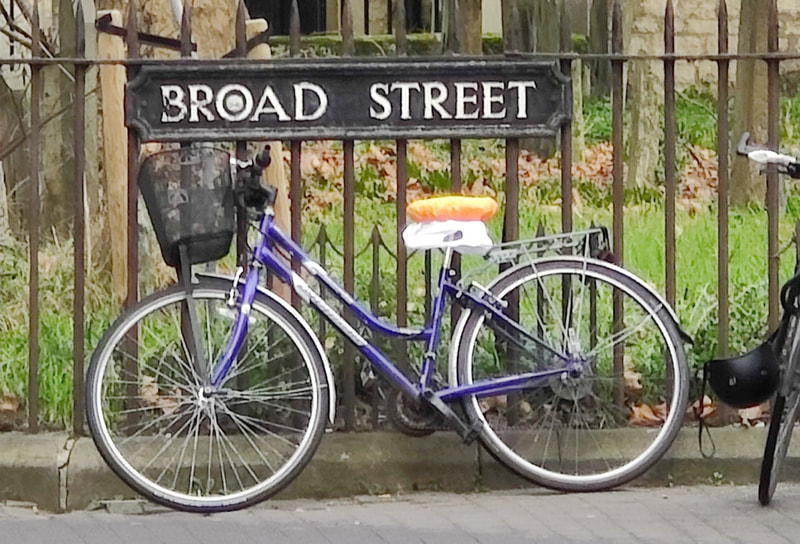
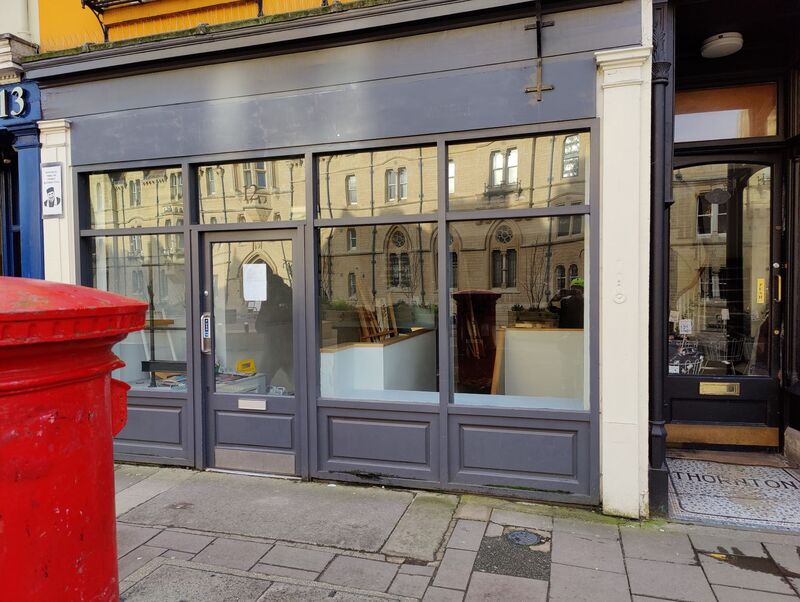
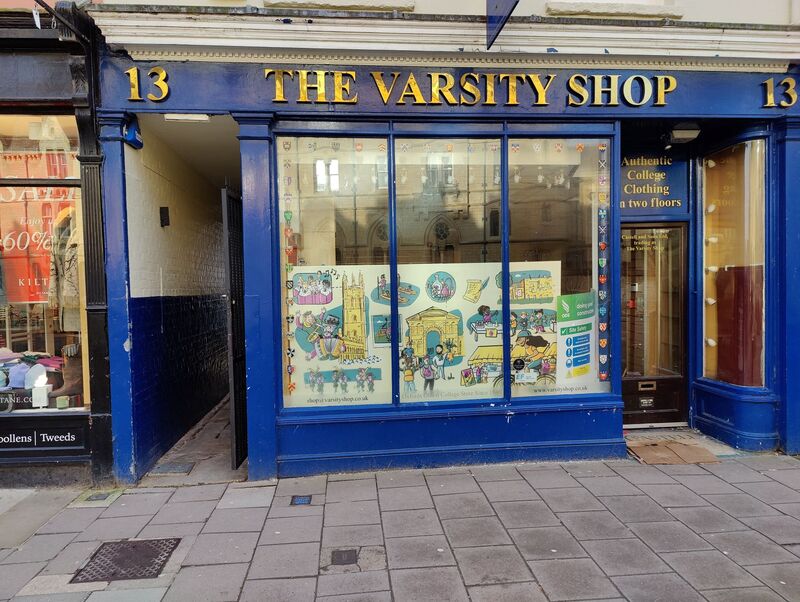
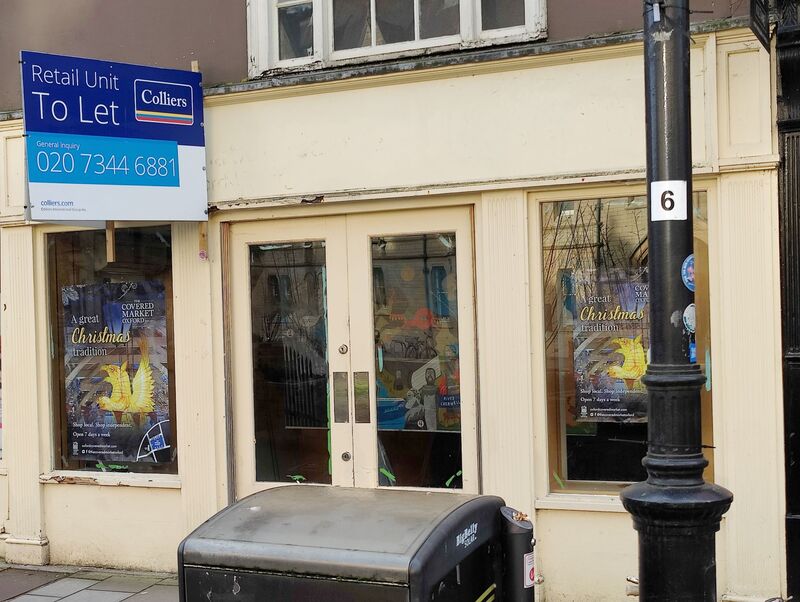
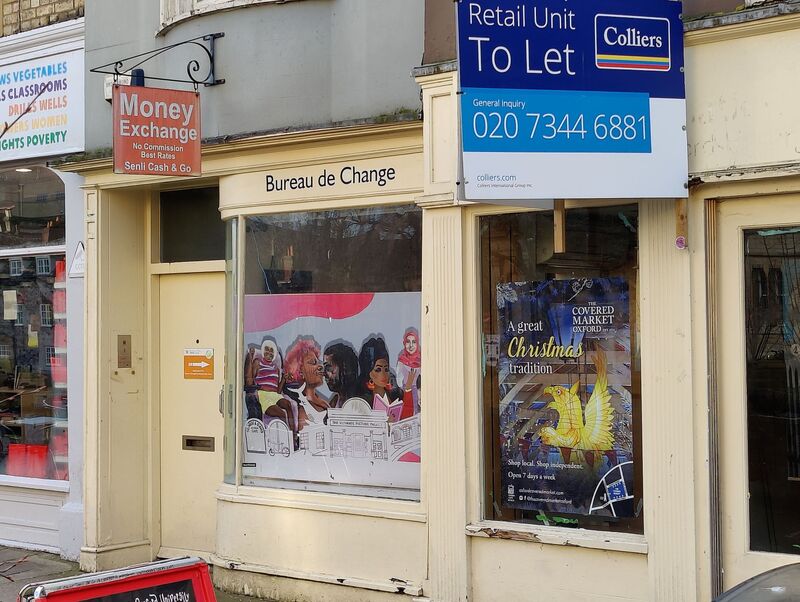
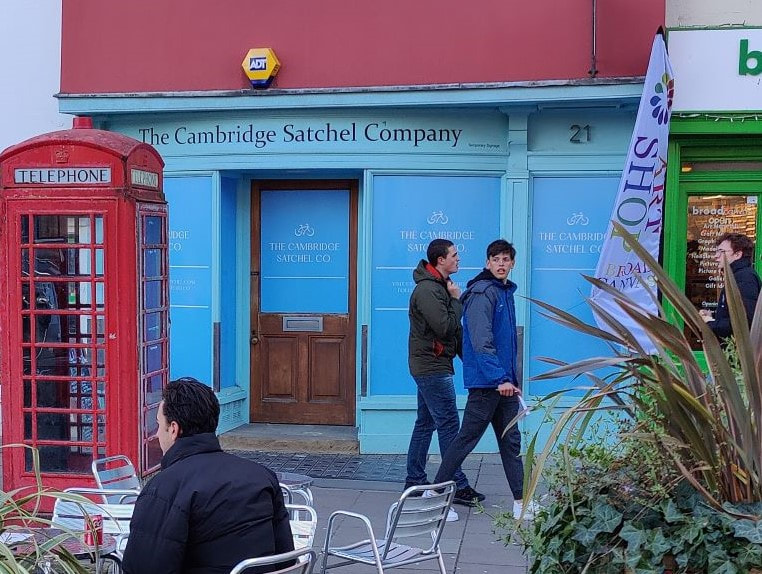
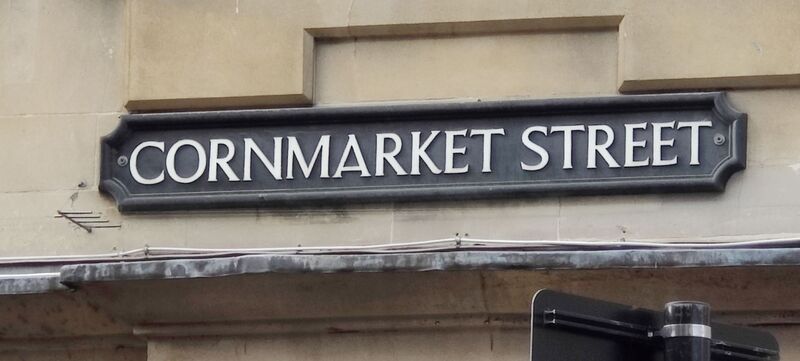
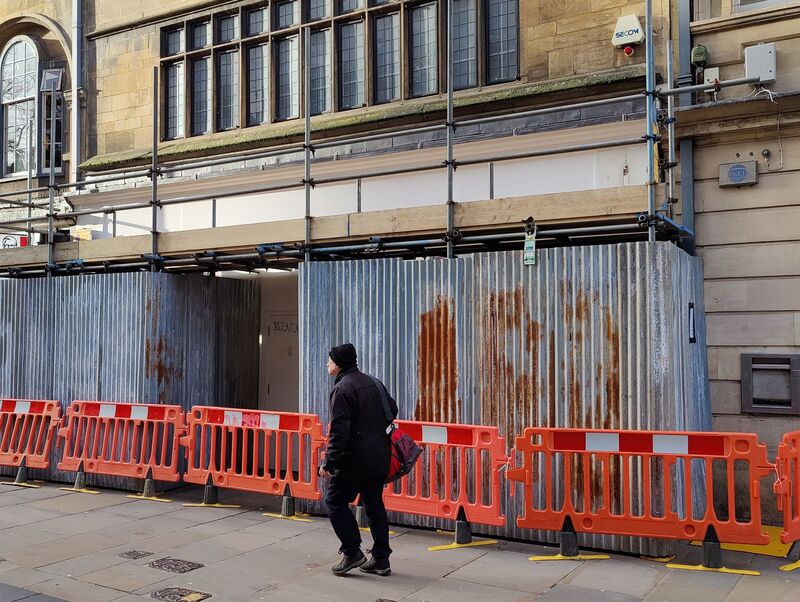
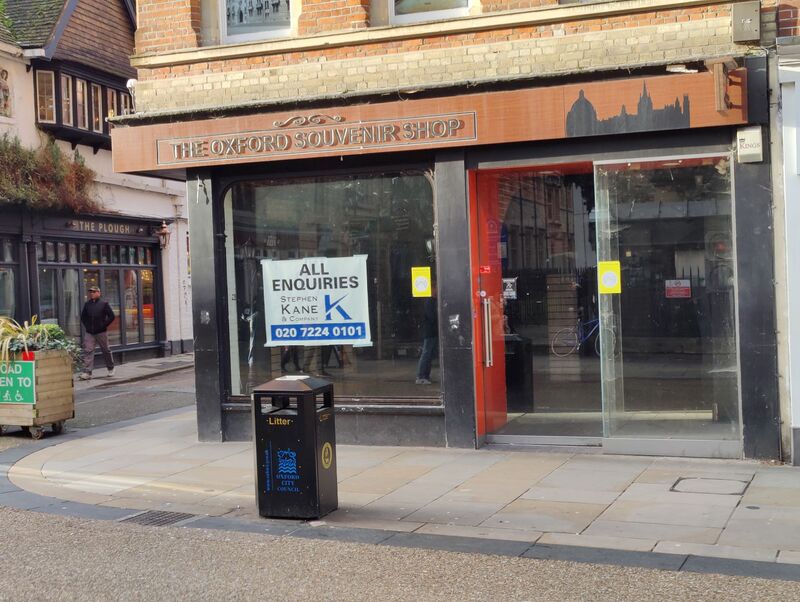
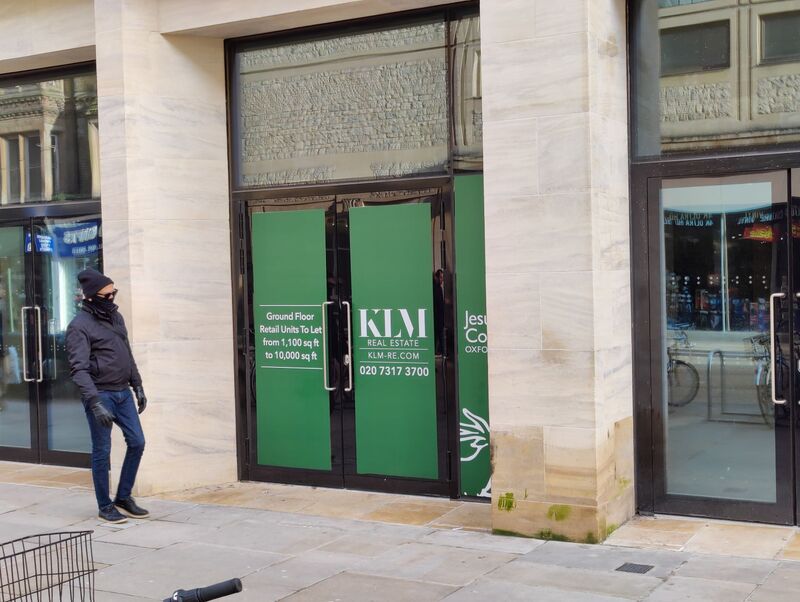
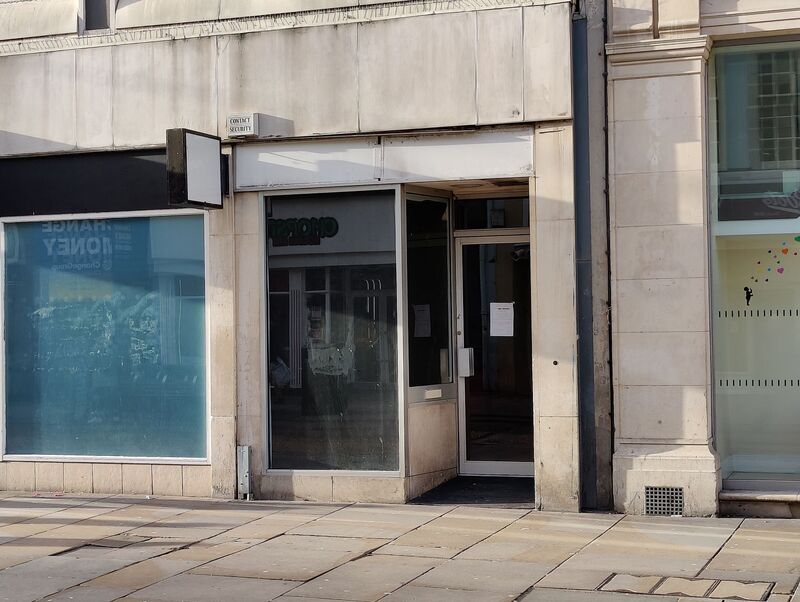
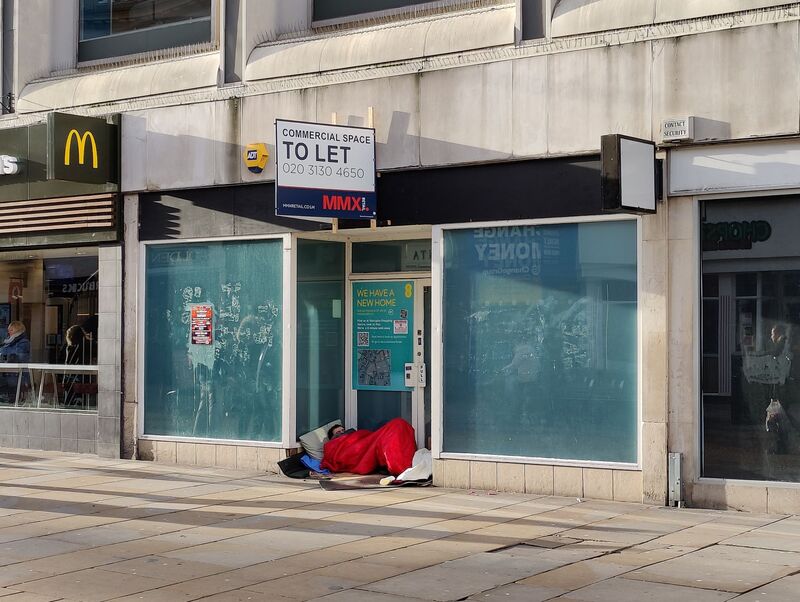

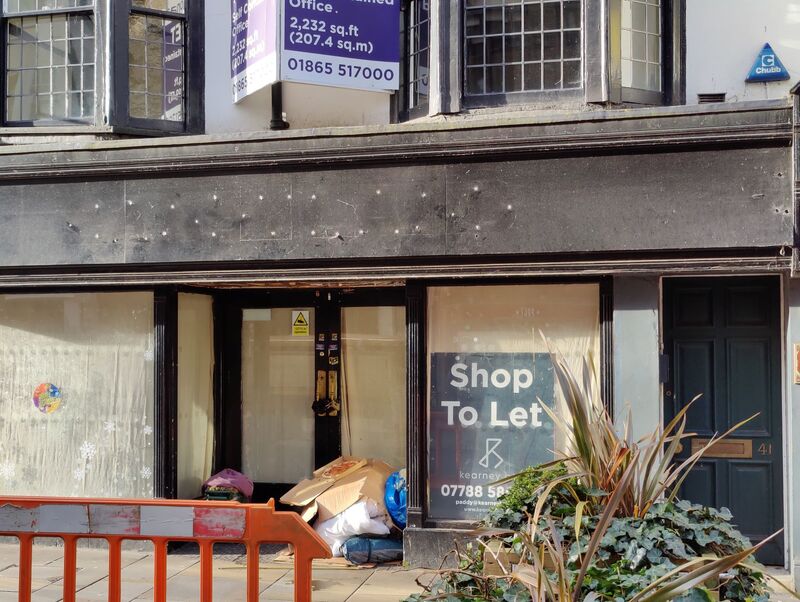
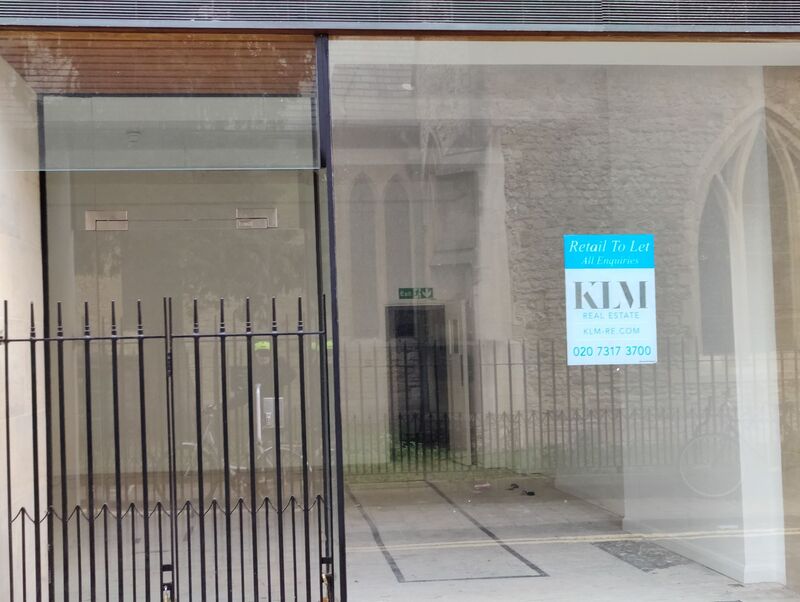

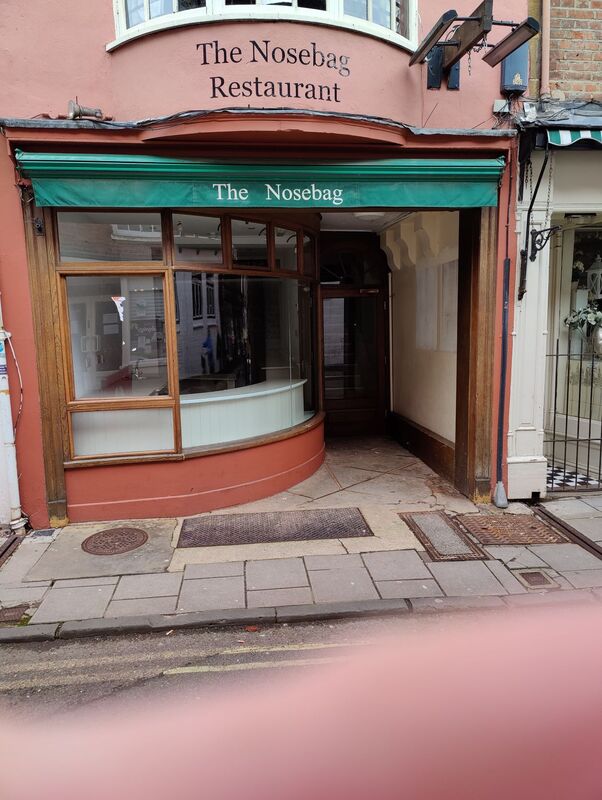
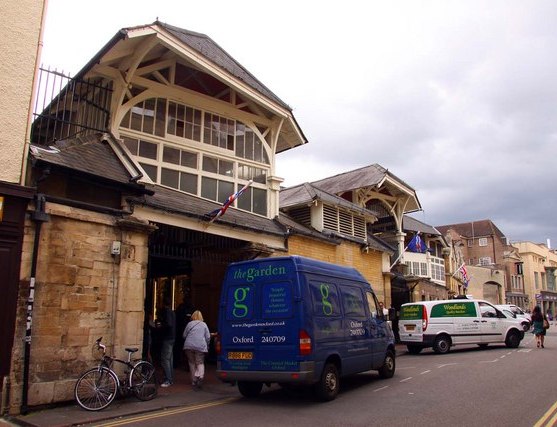

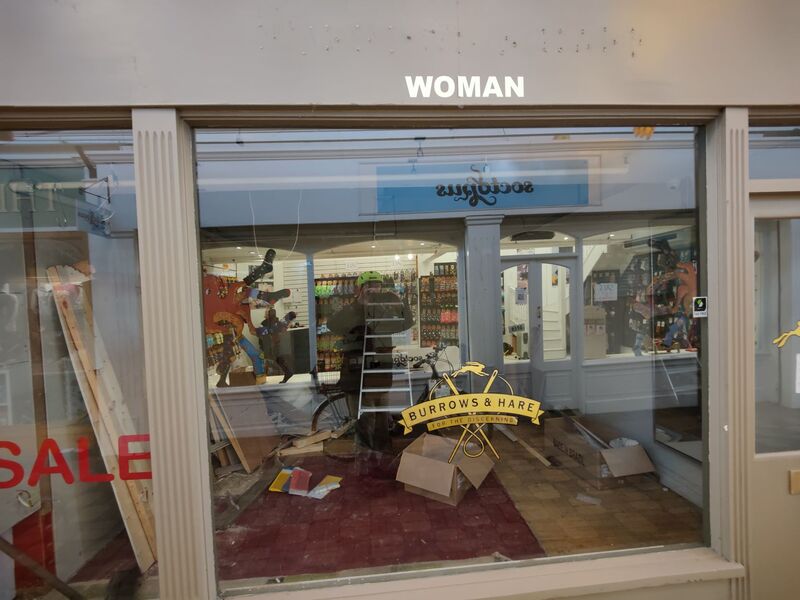
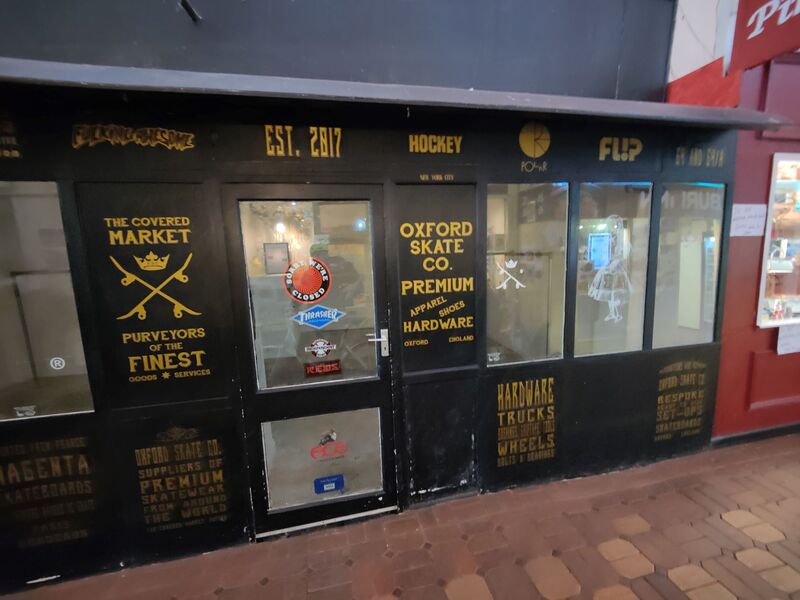
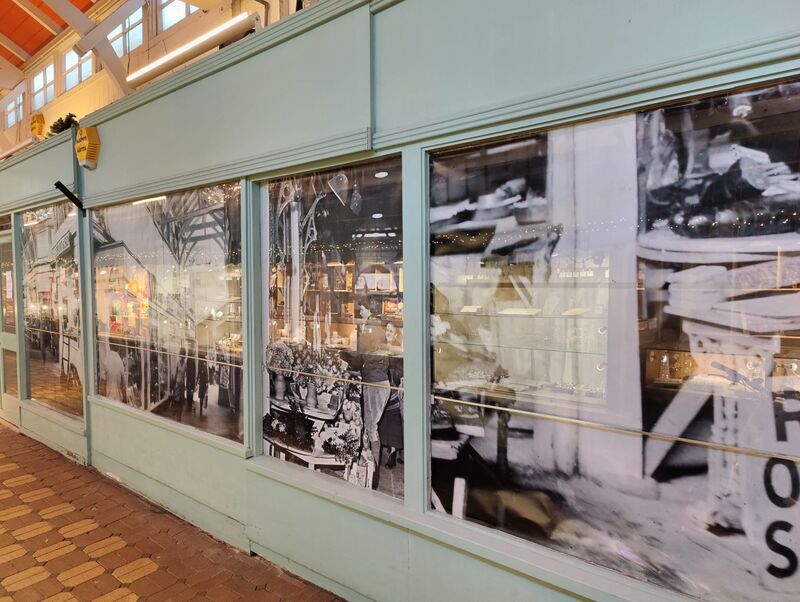

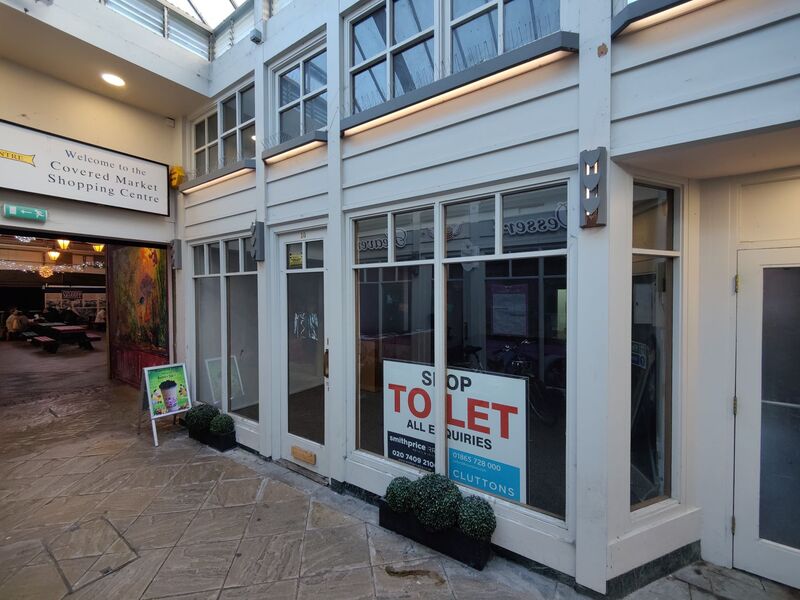
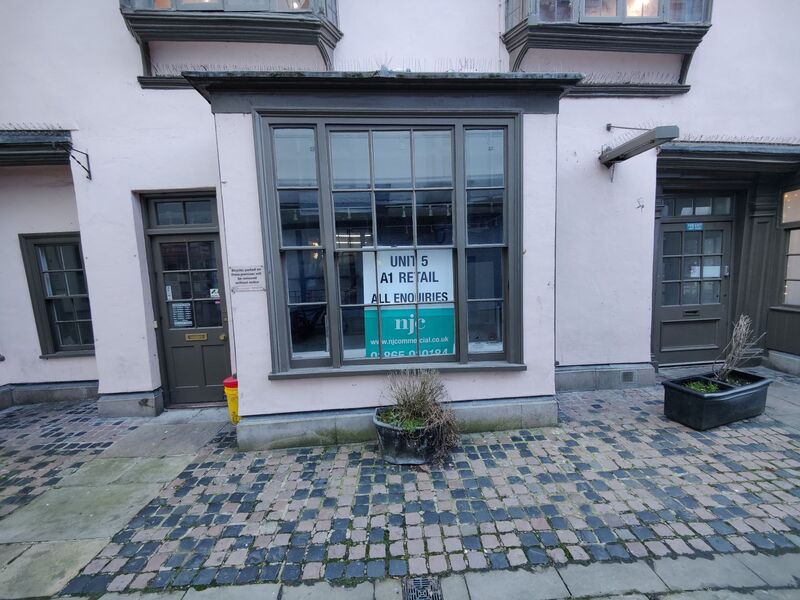
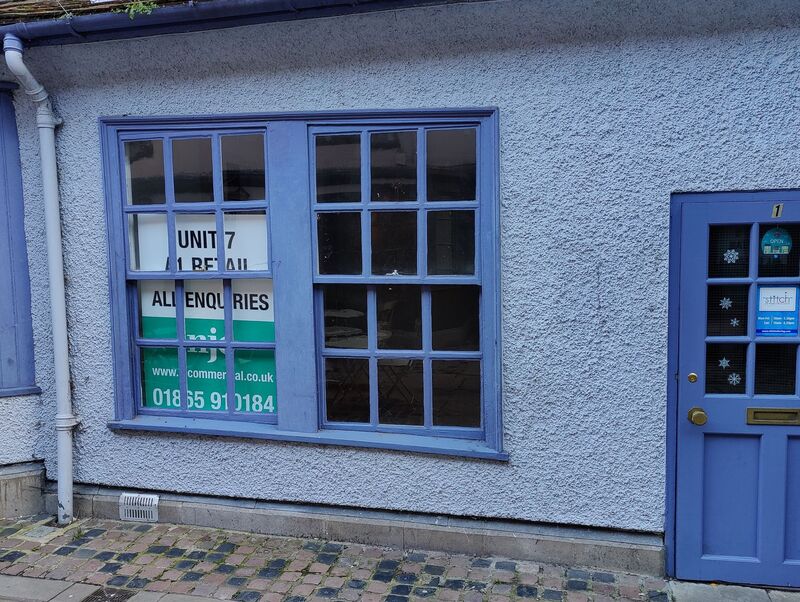
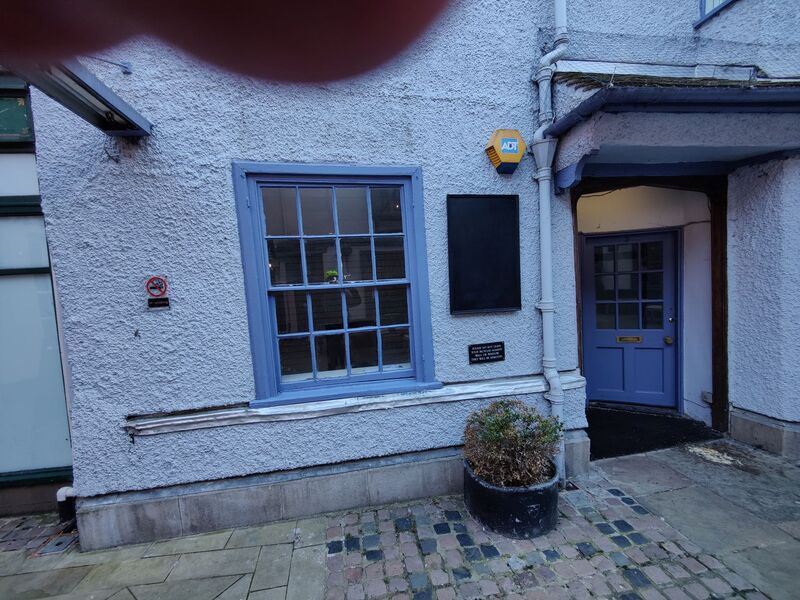
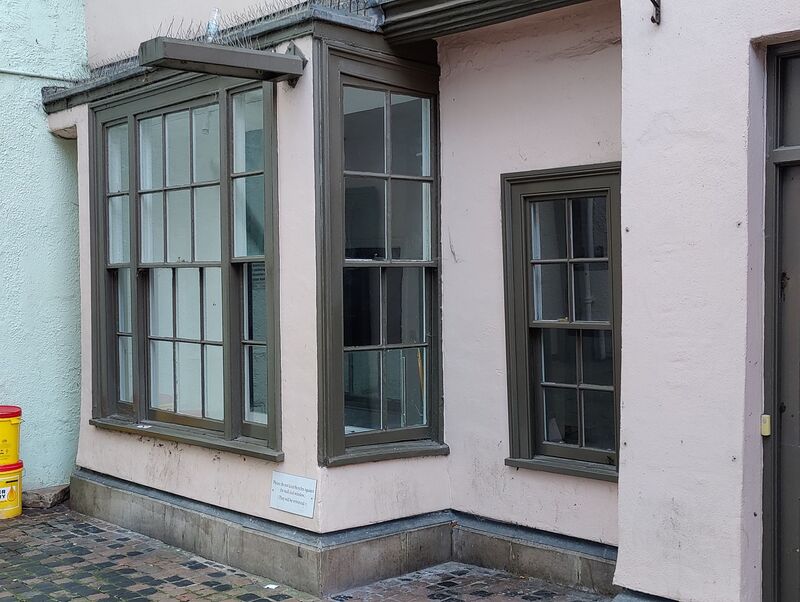

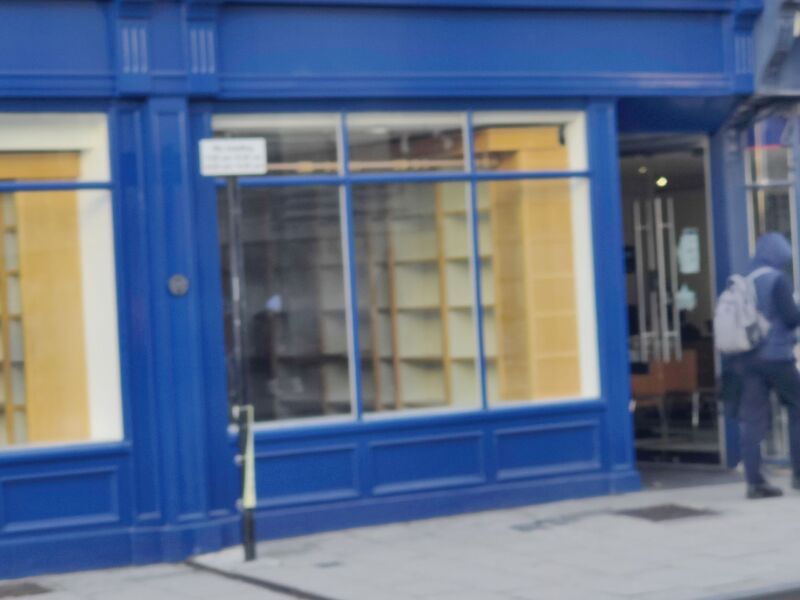
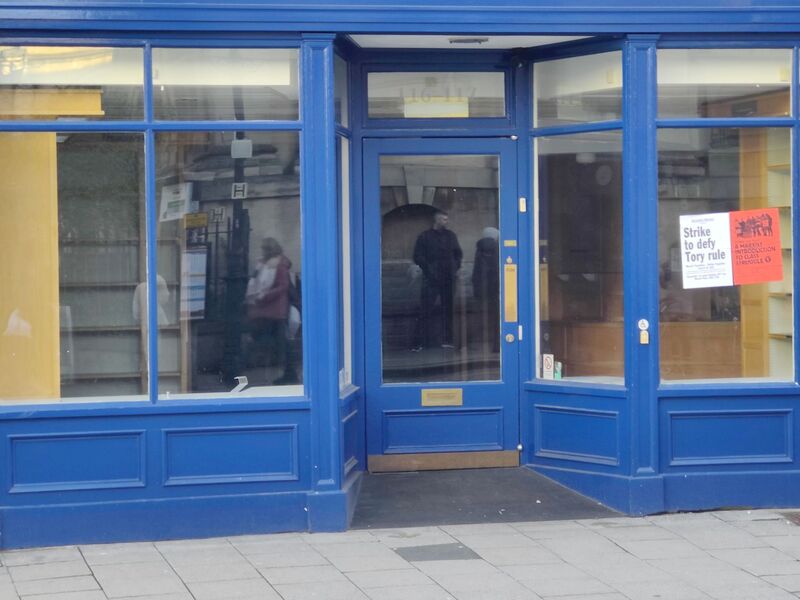
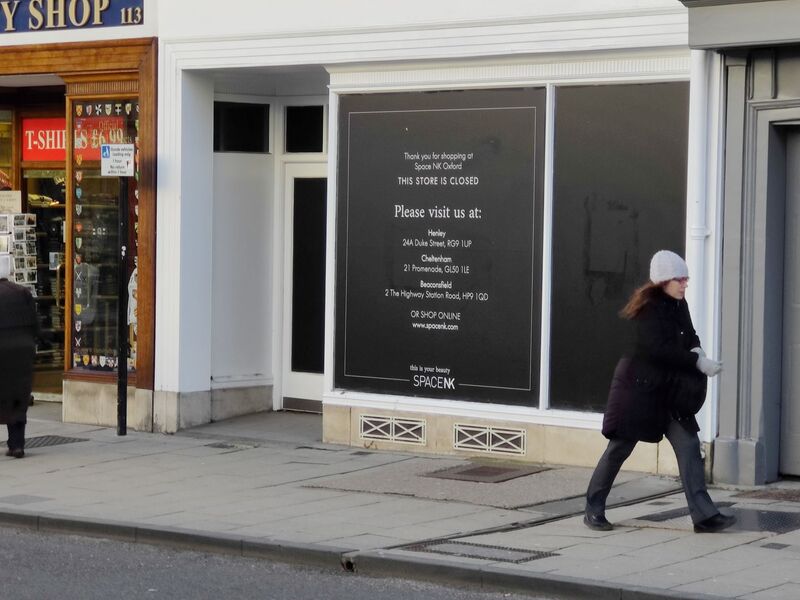
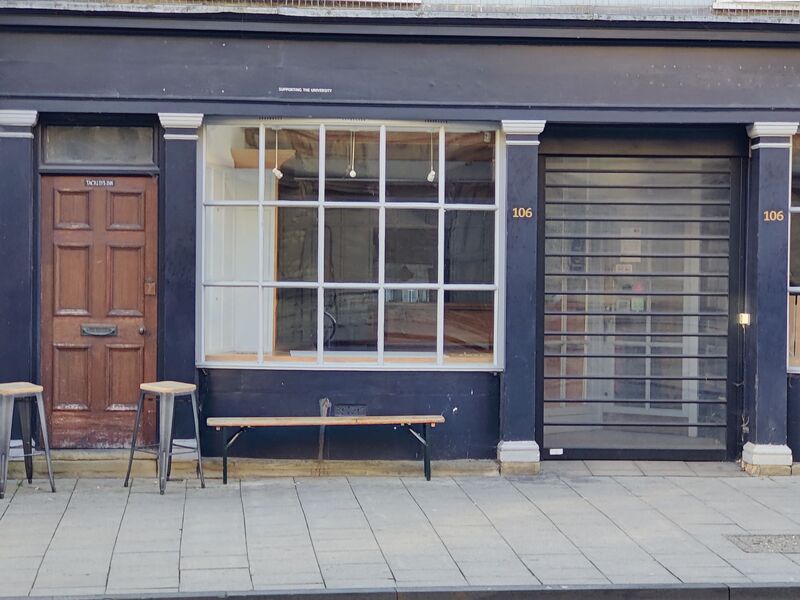
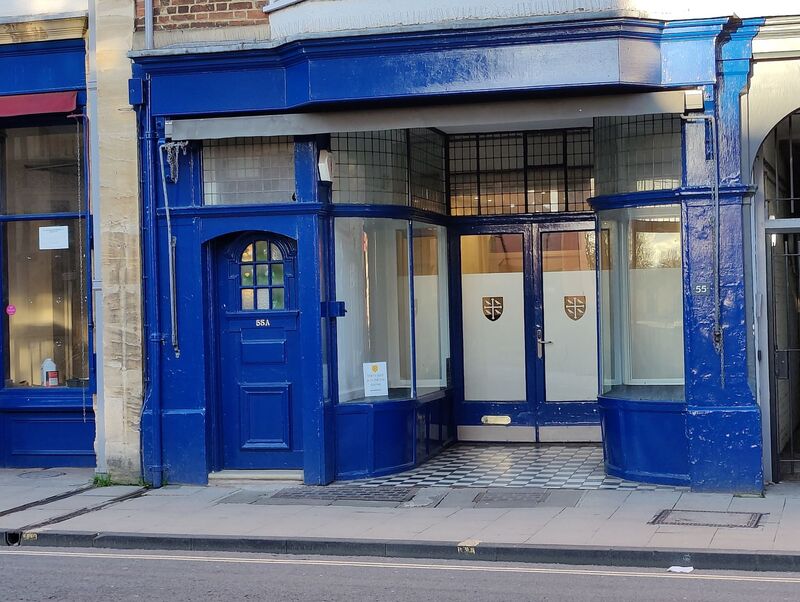
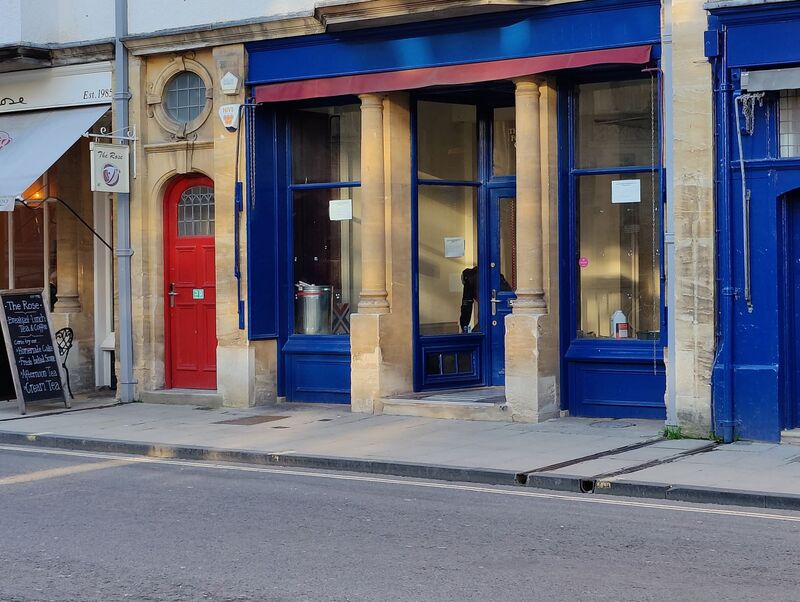
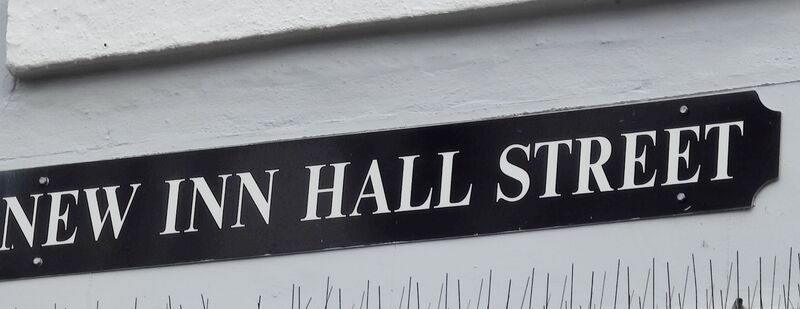
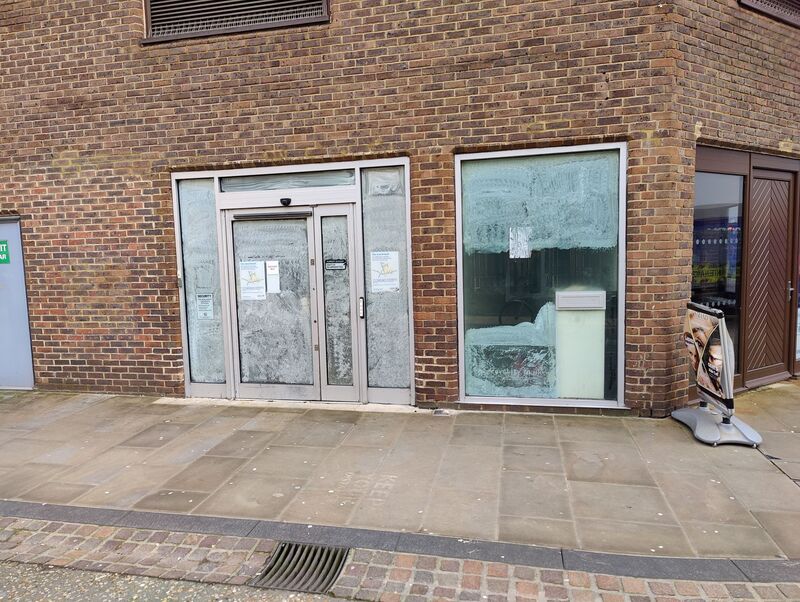
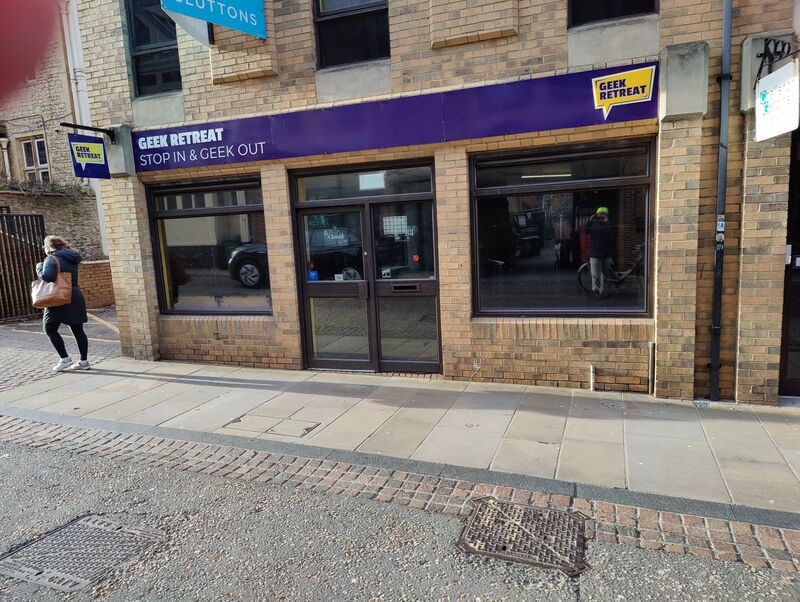
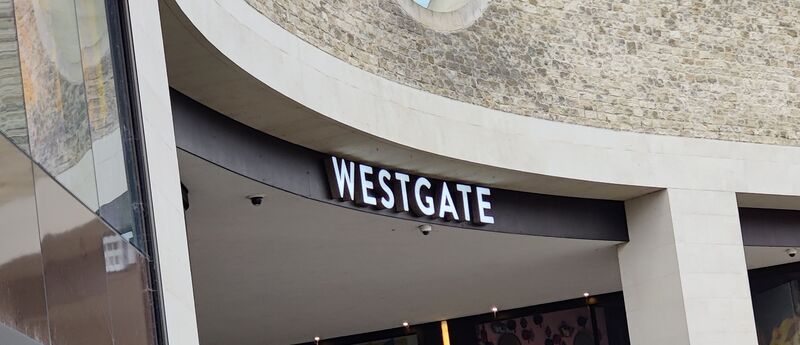
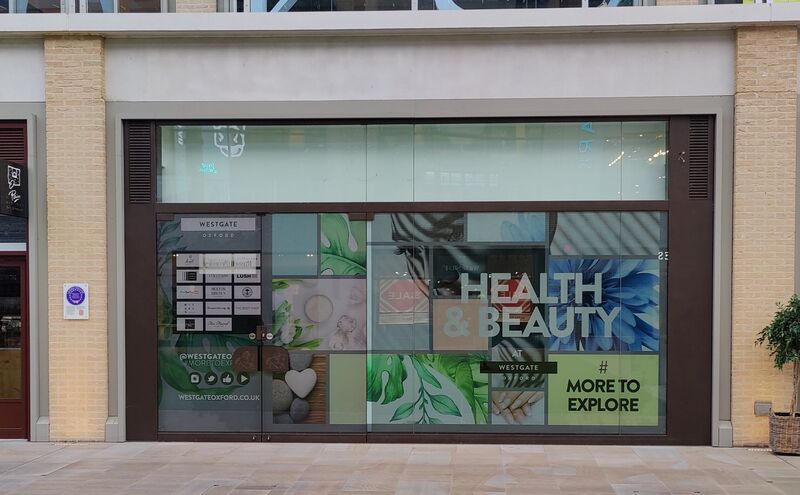
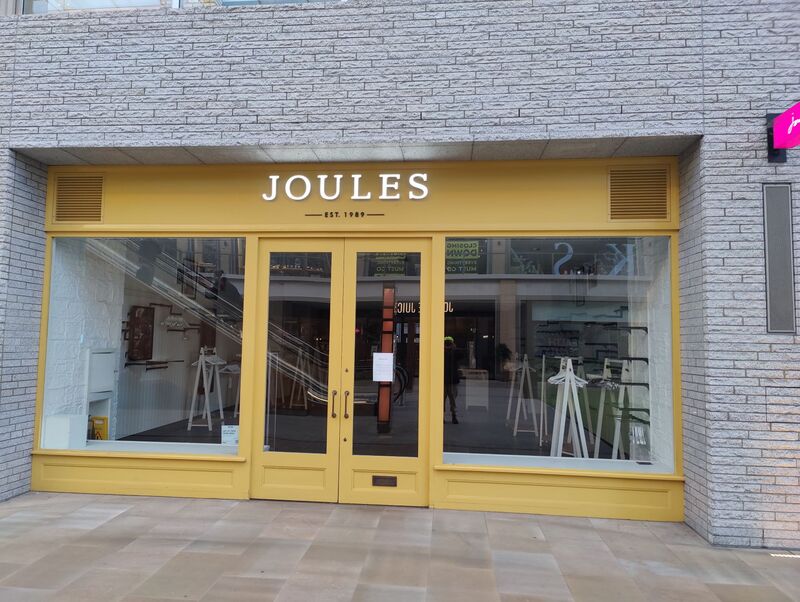
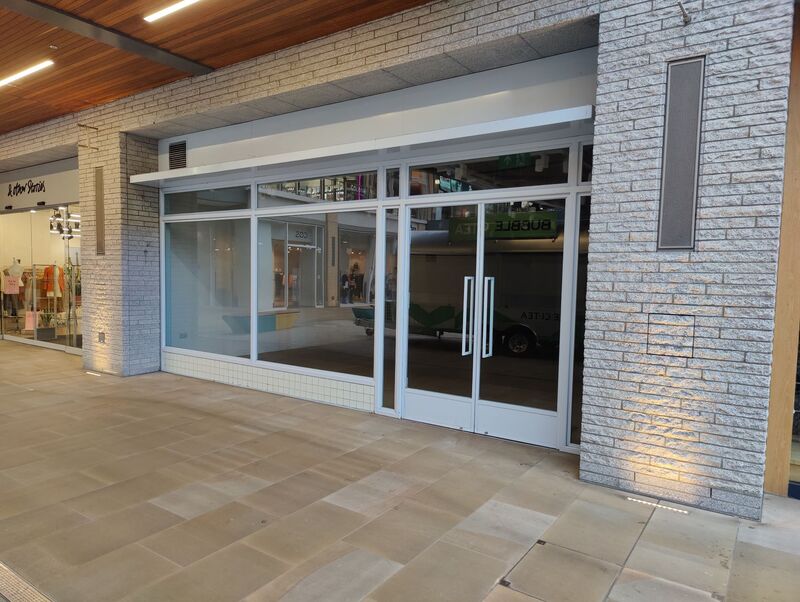
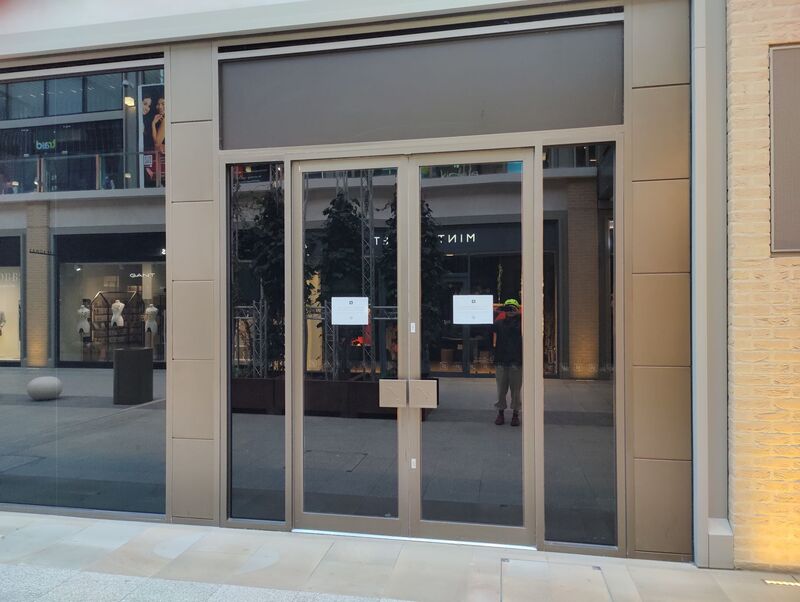
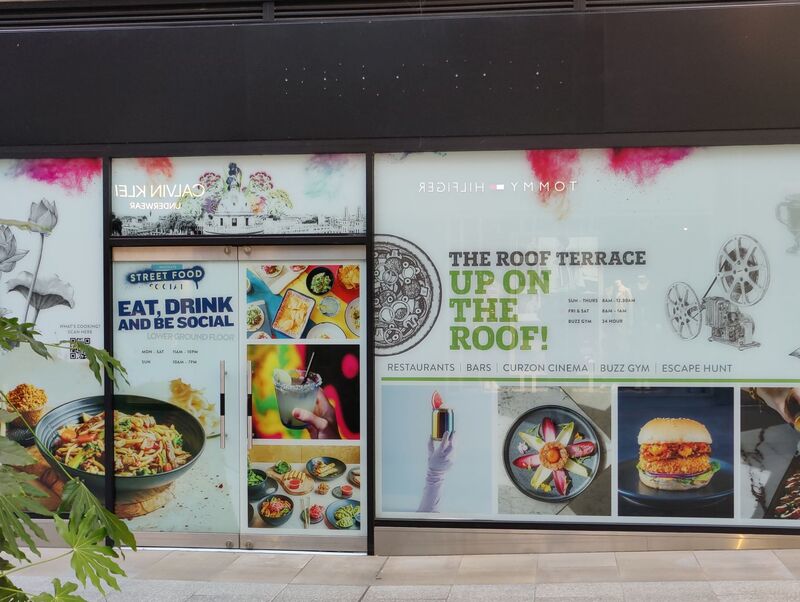






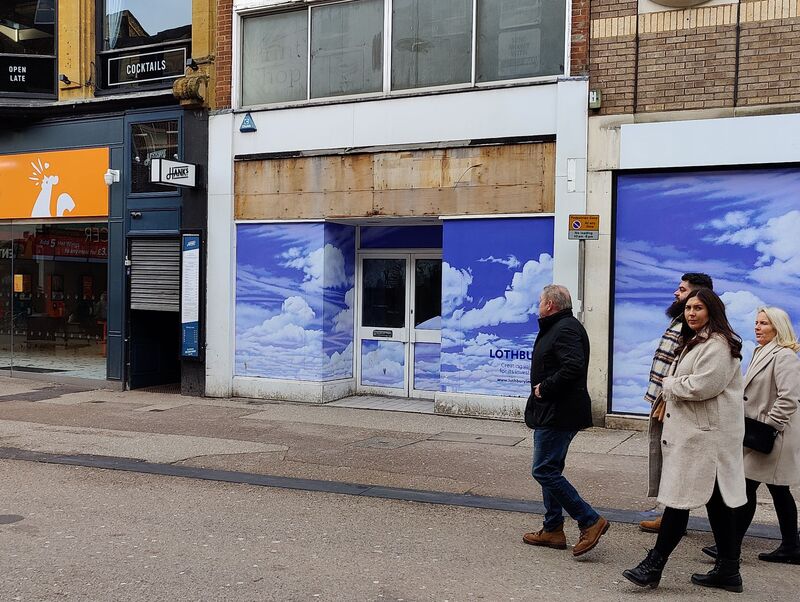
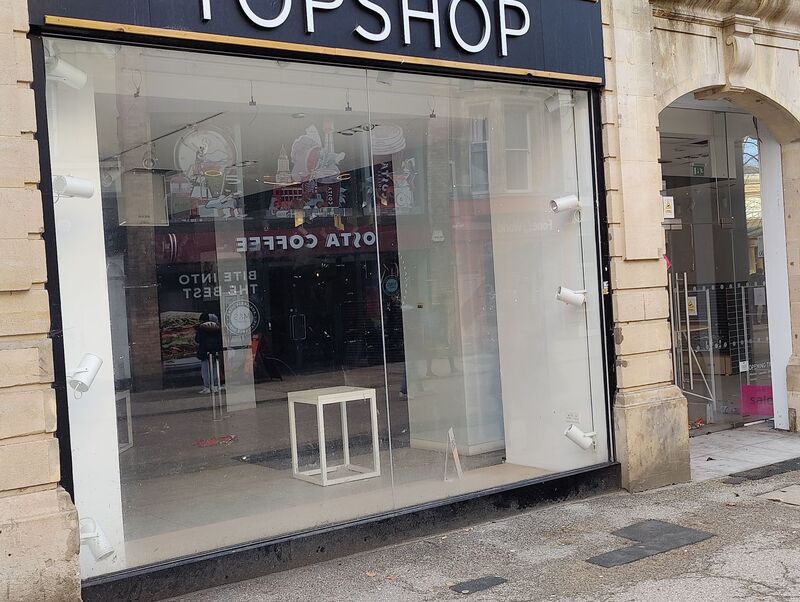
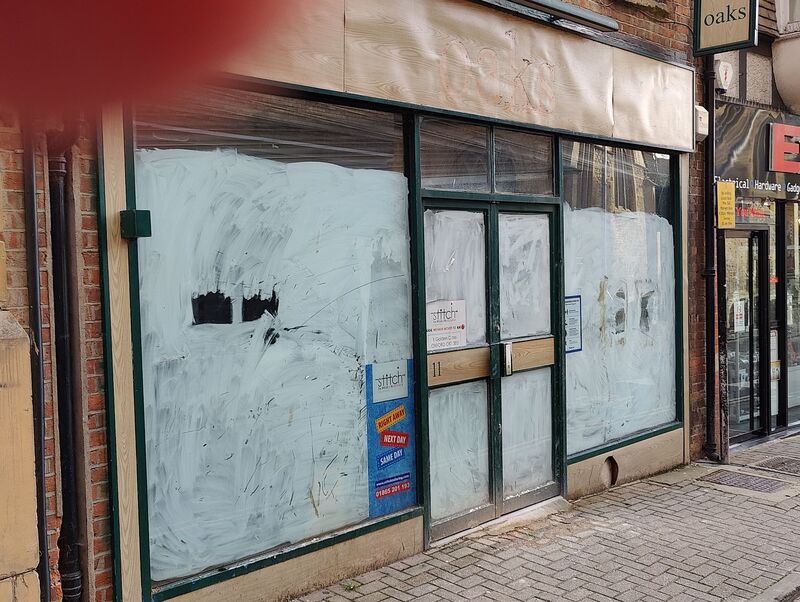
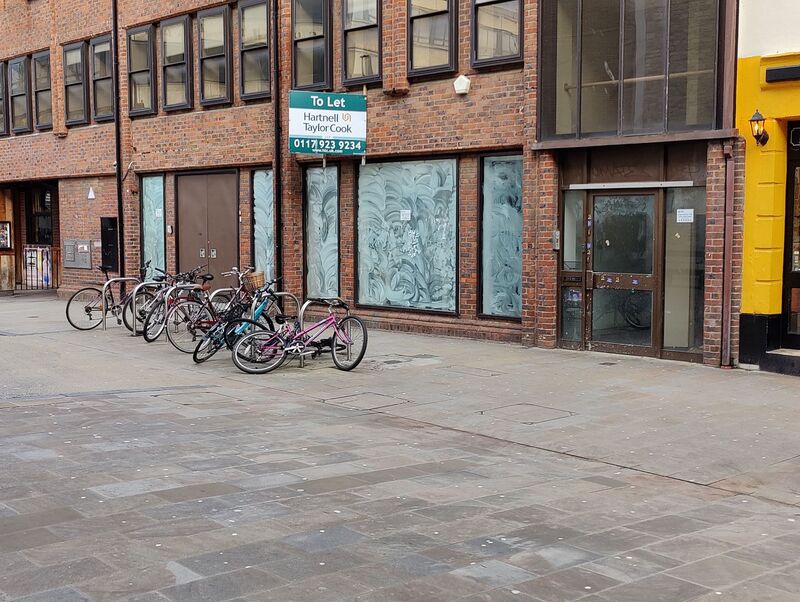
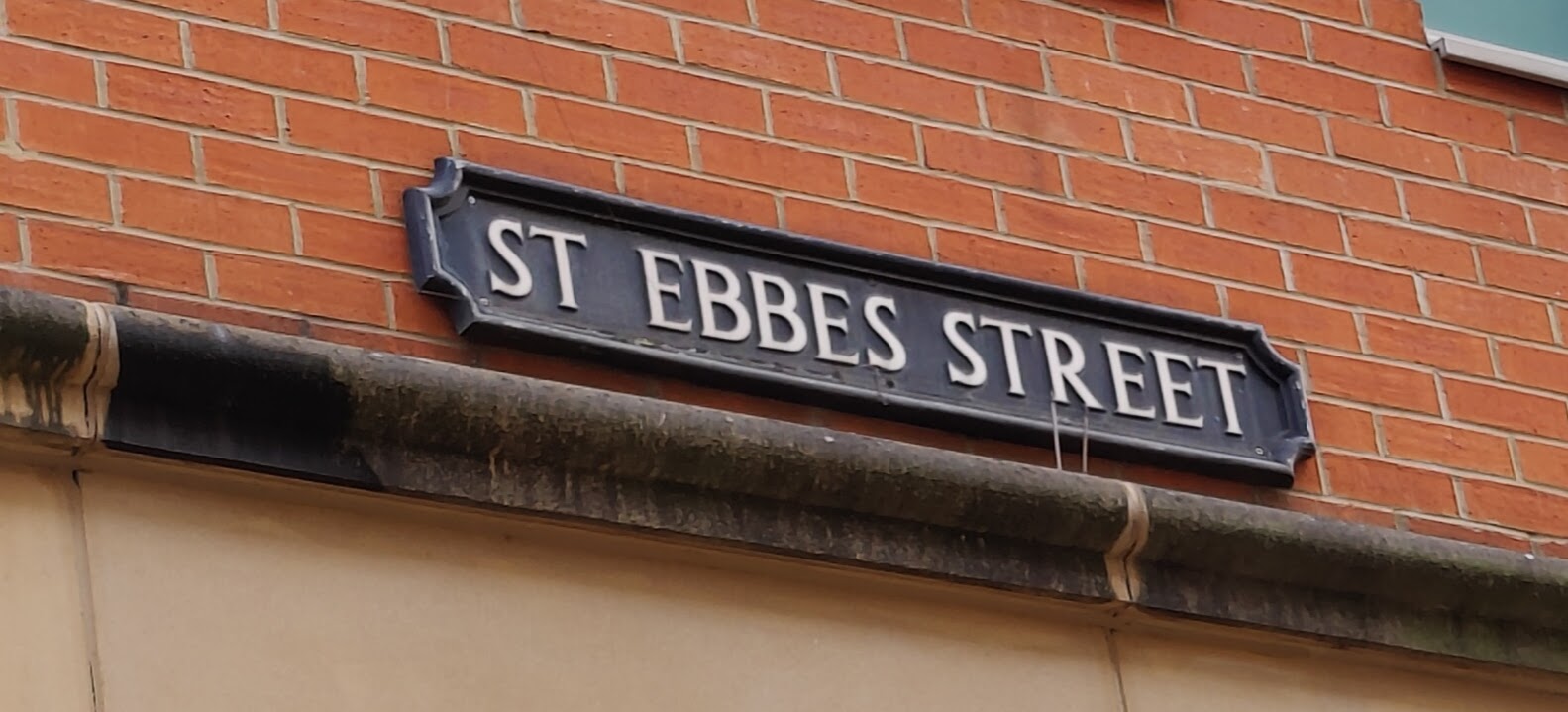
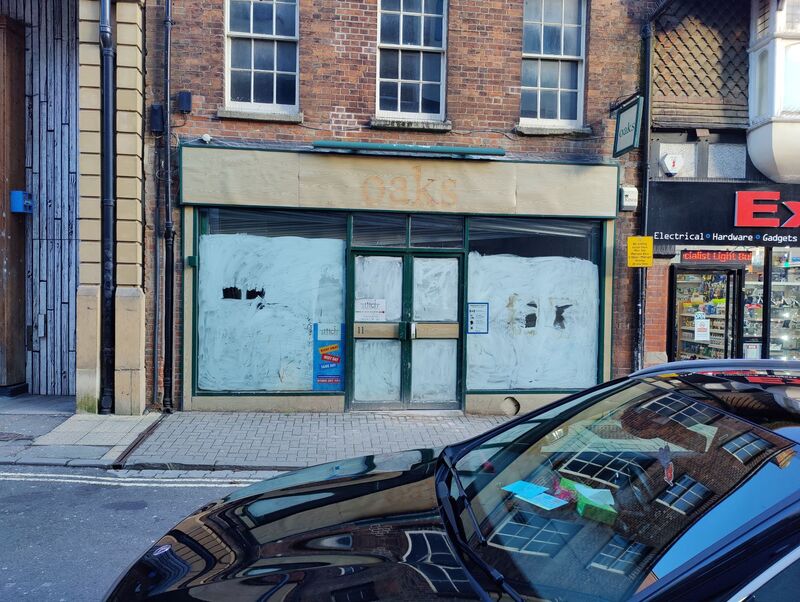
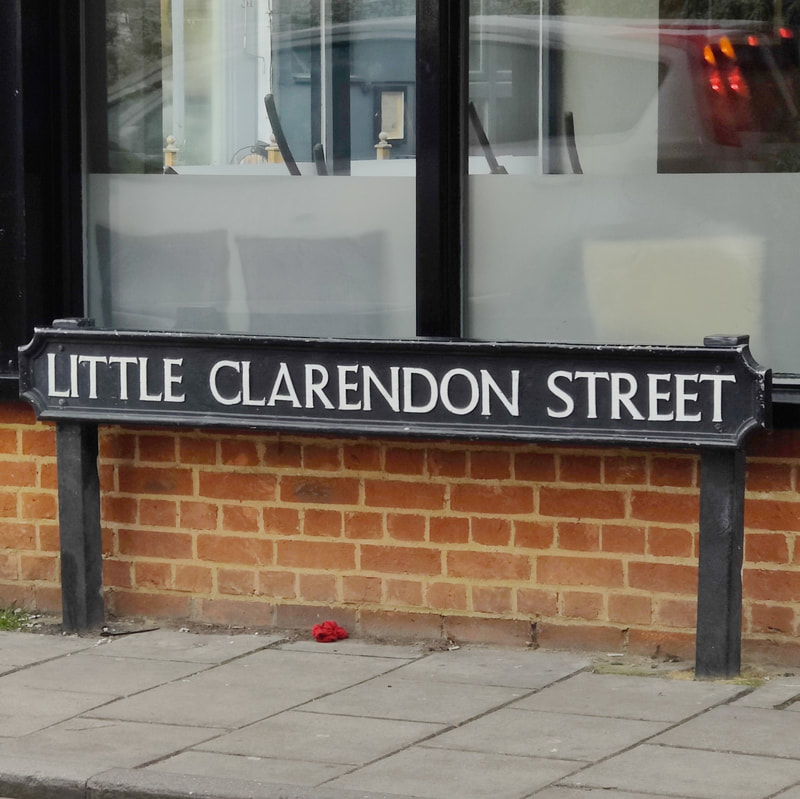
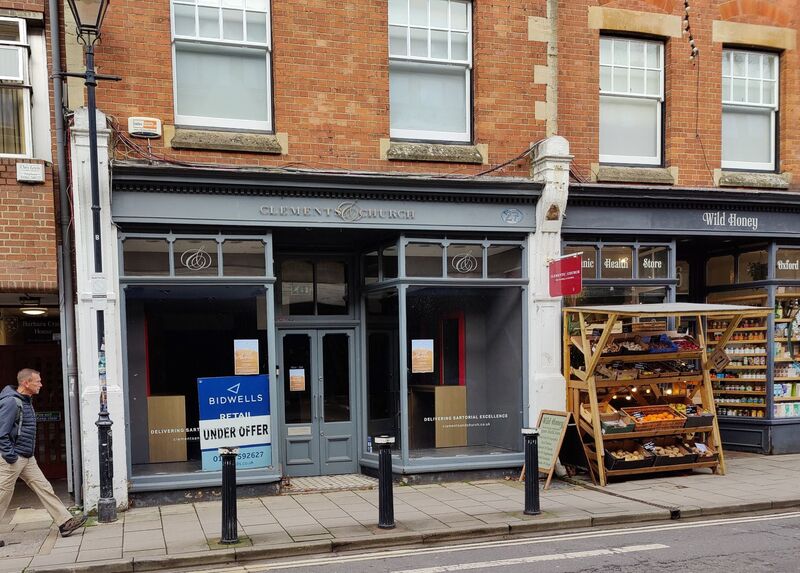
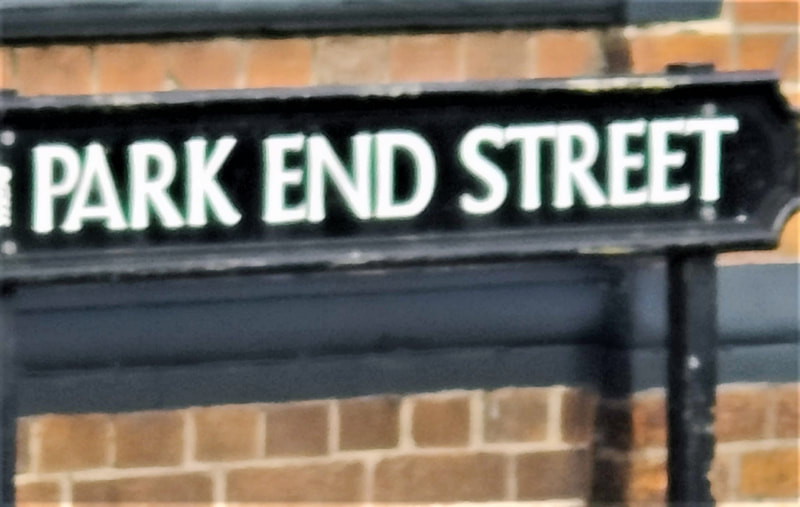
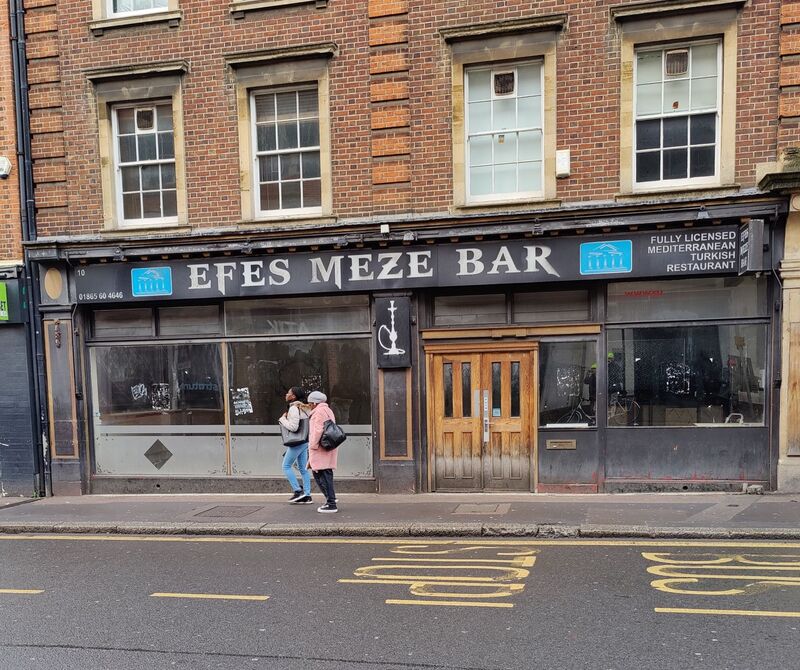
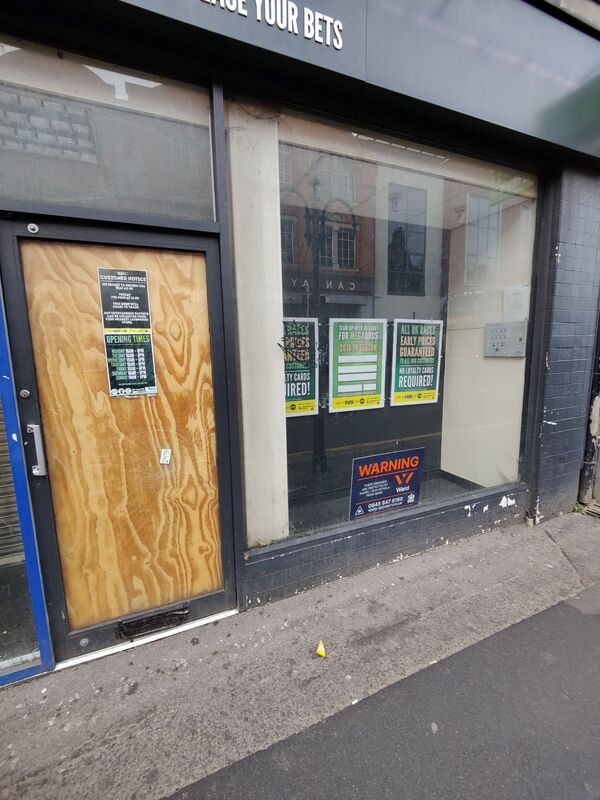
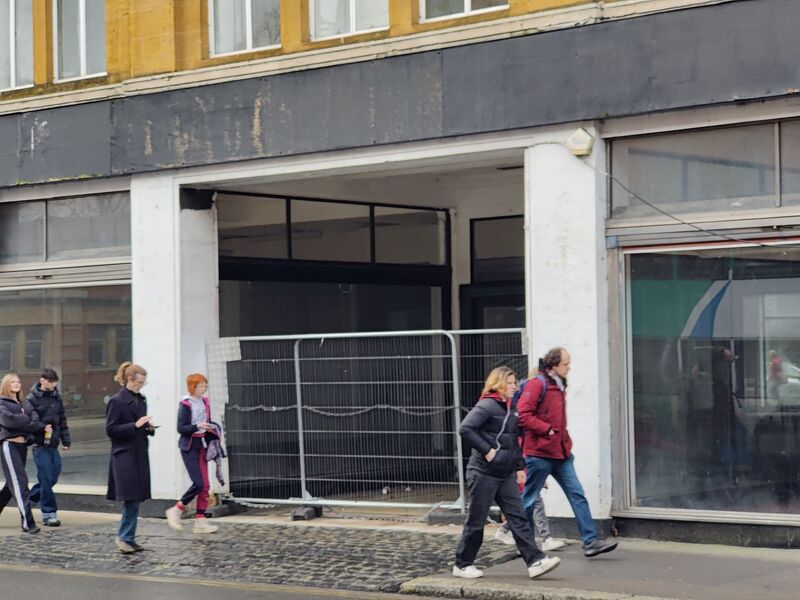
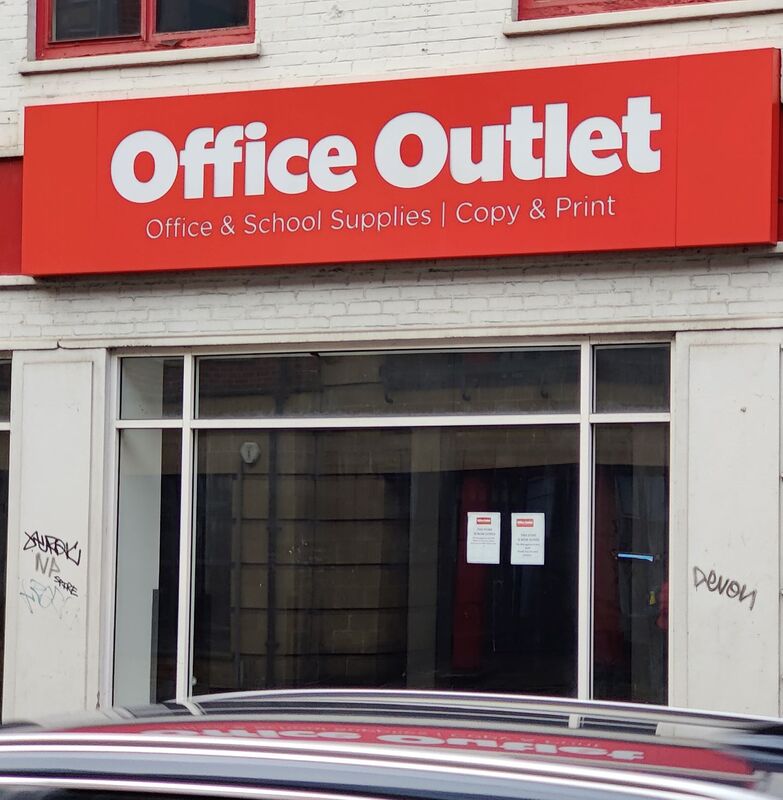
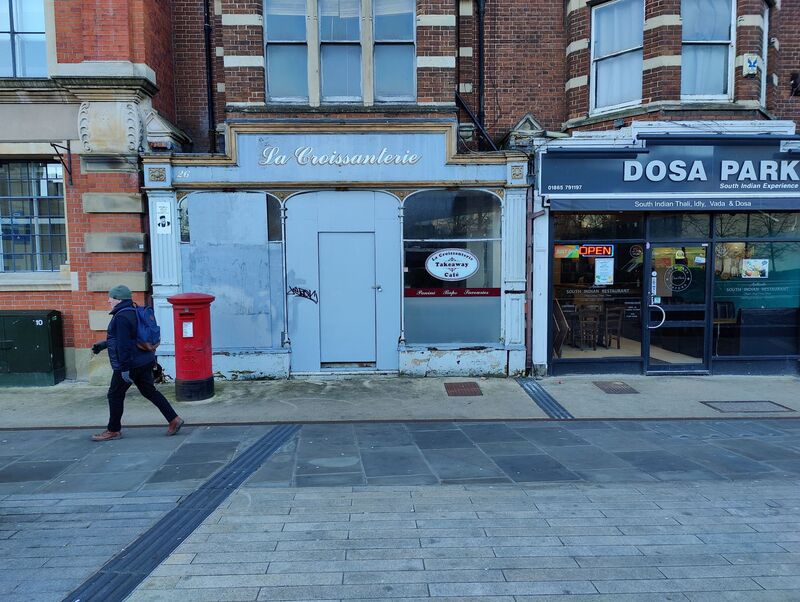
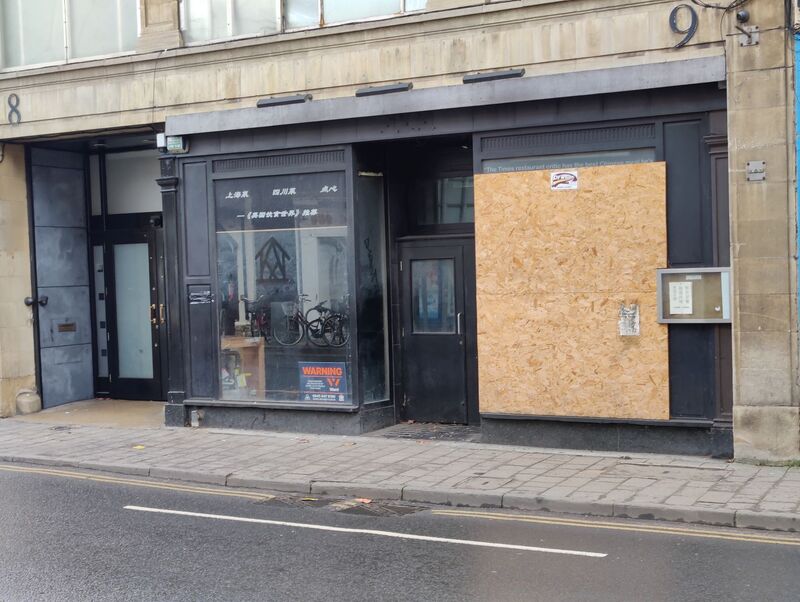
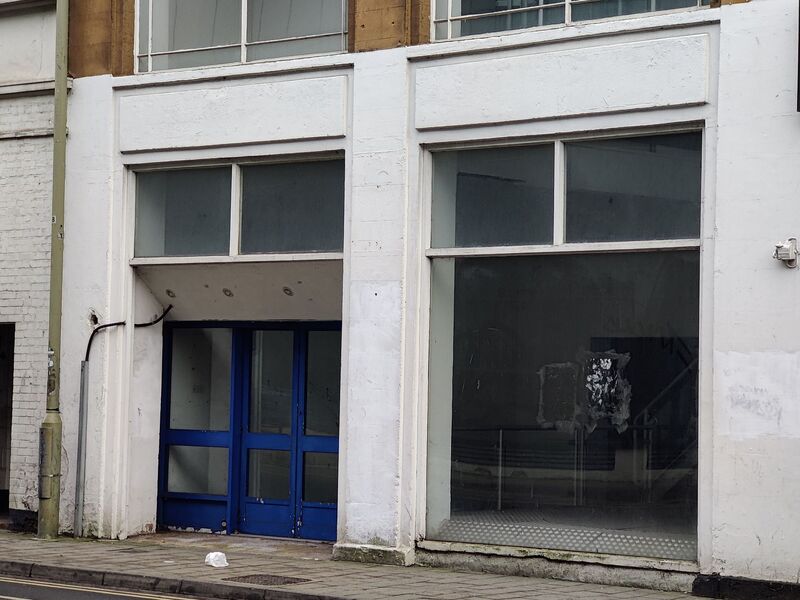
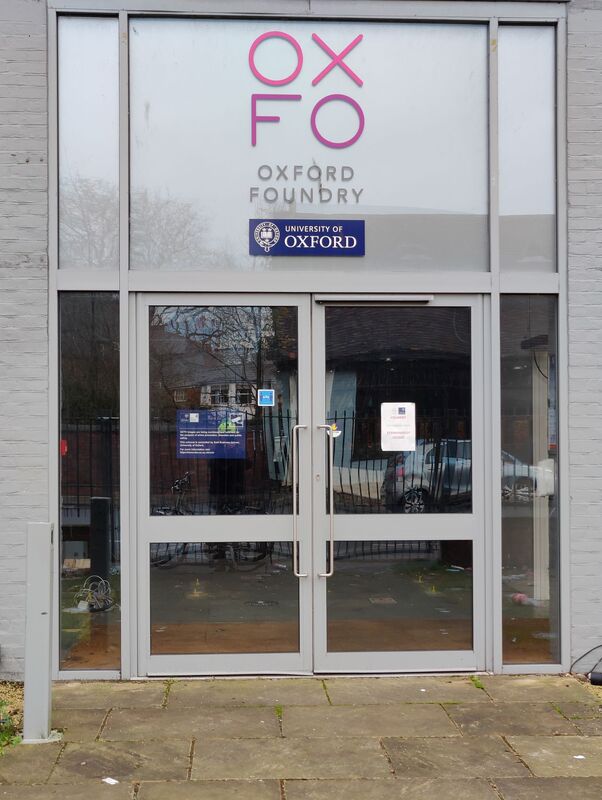
 RSS Feed
RSS Feed